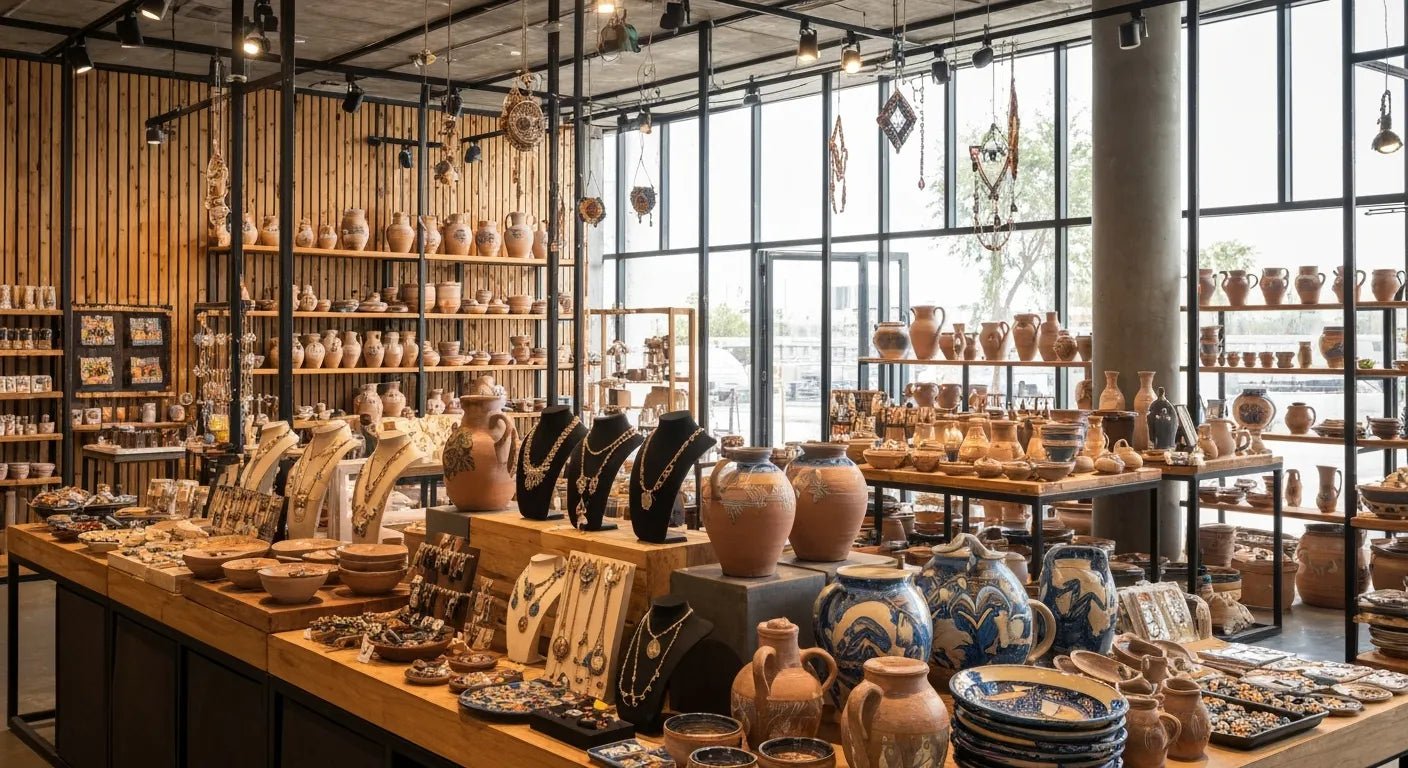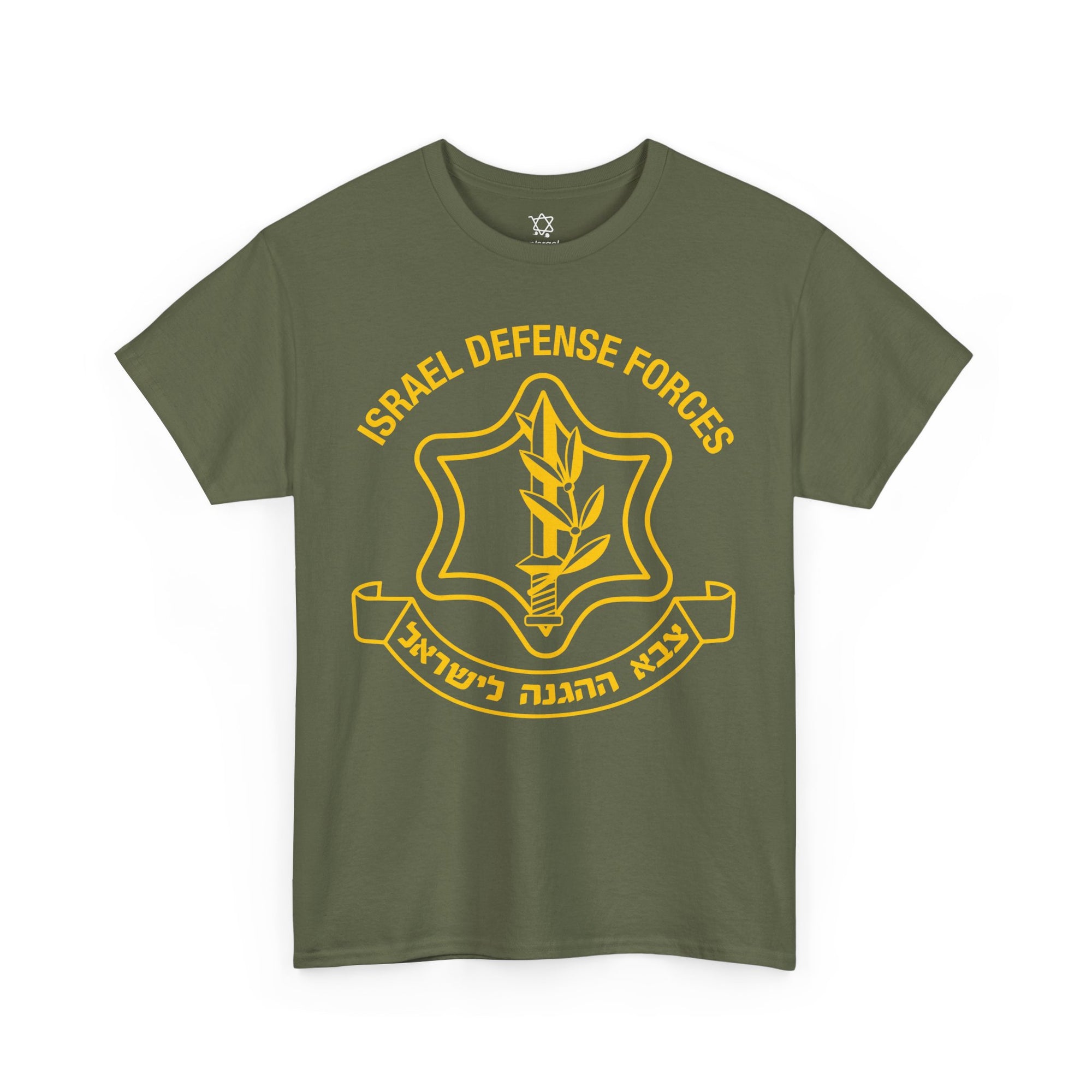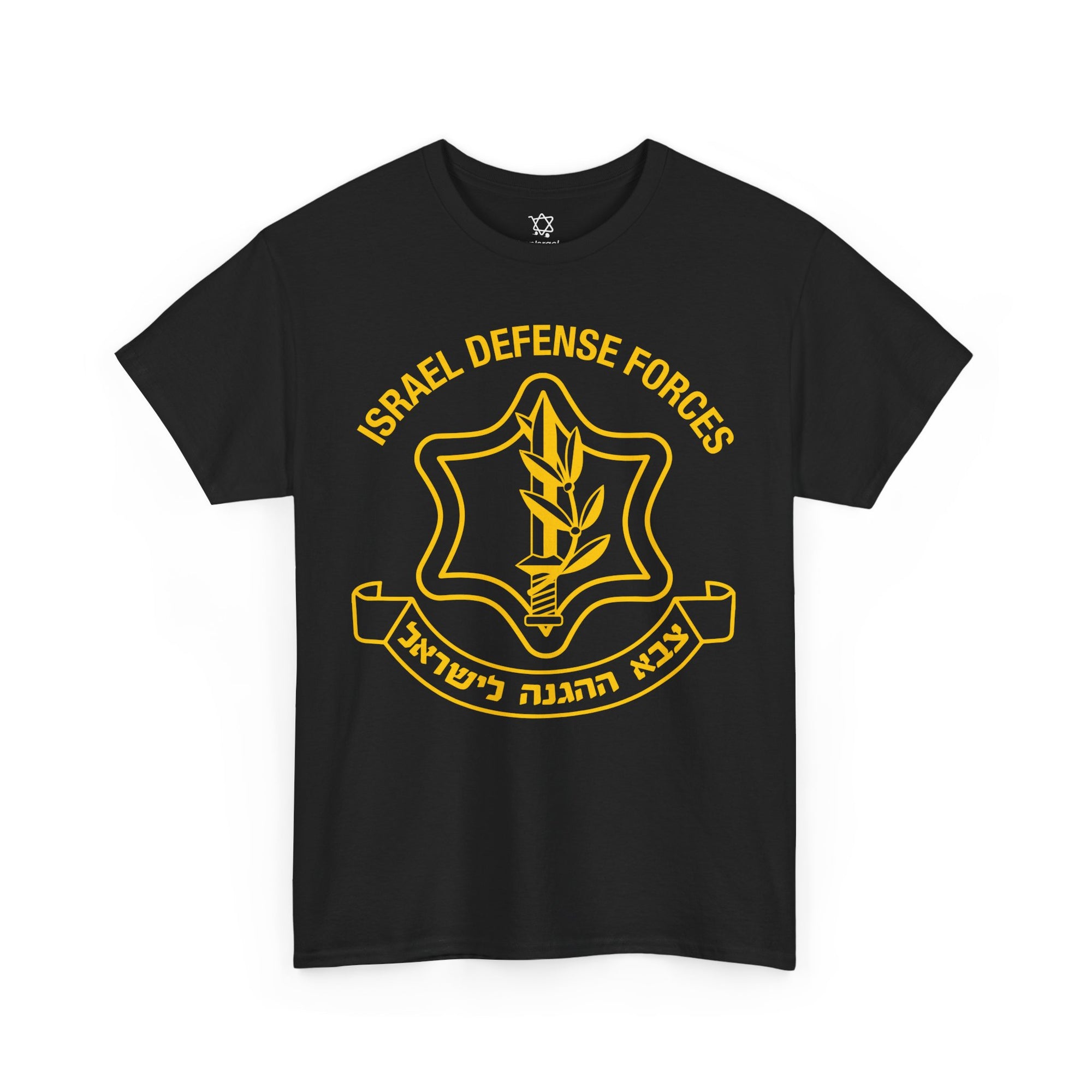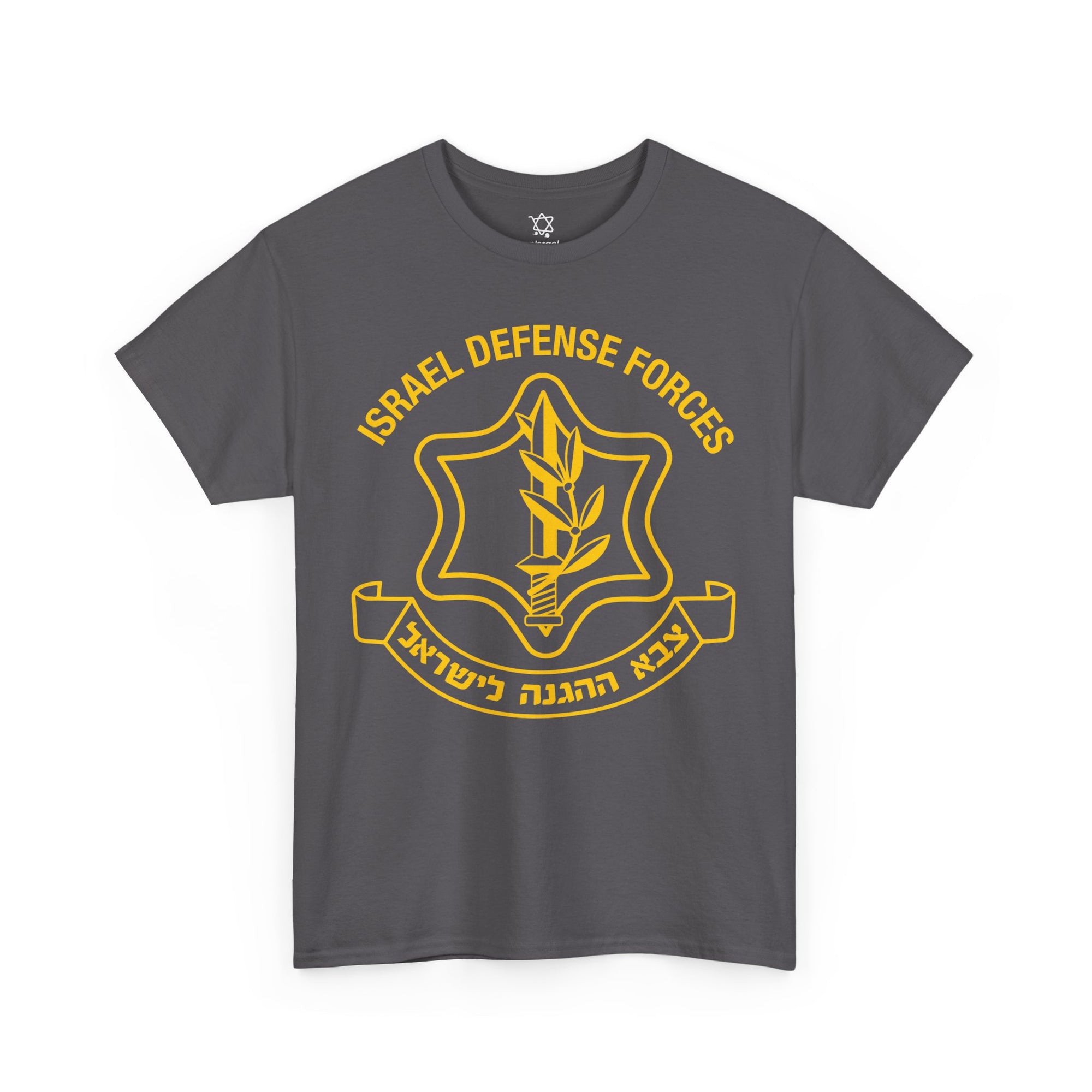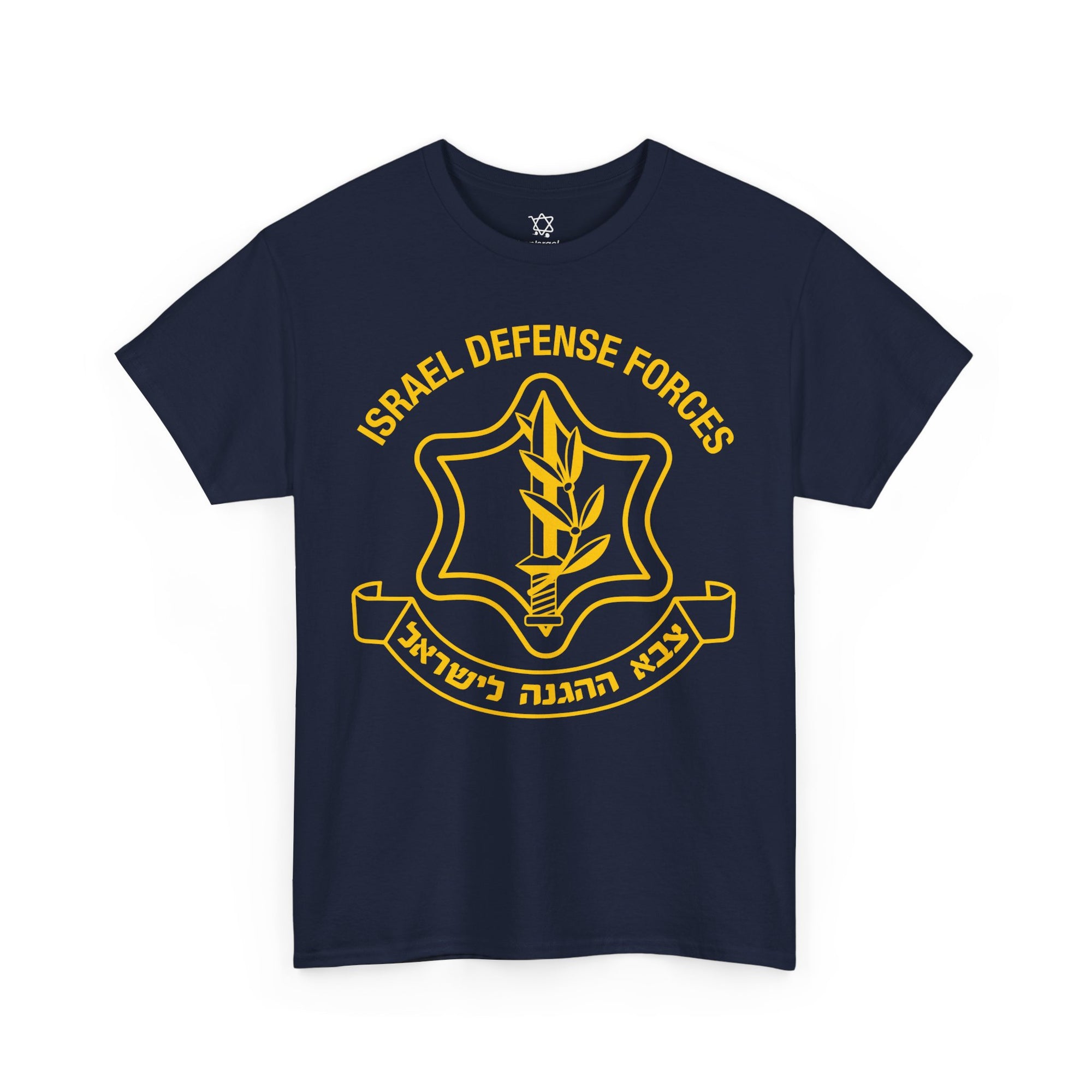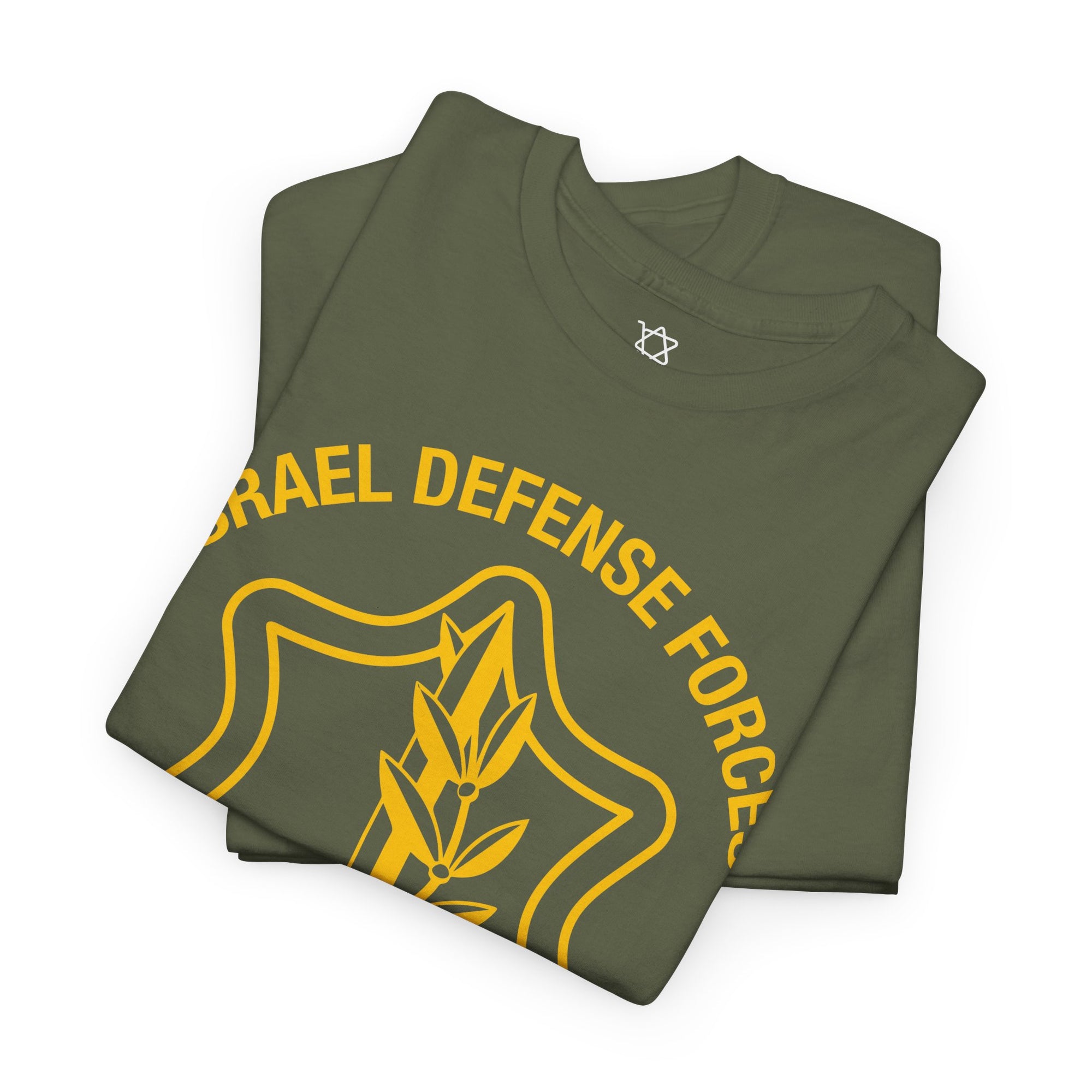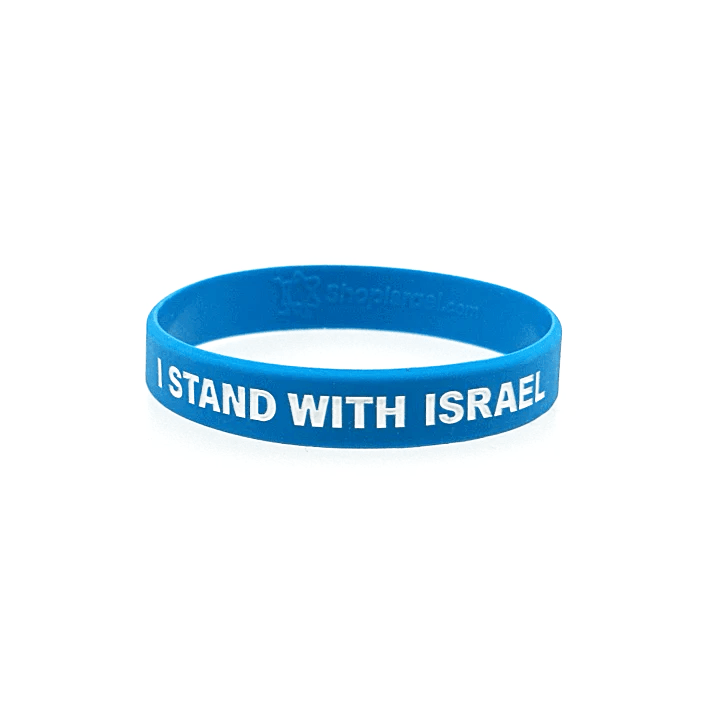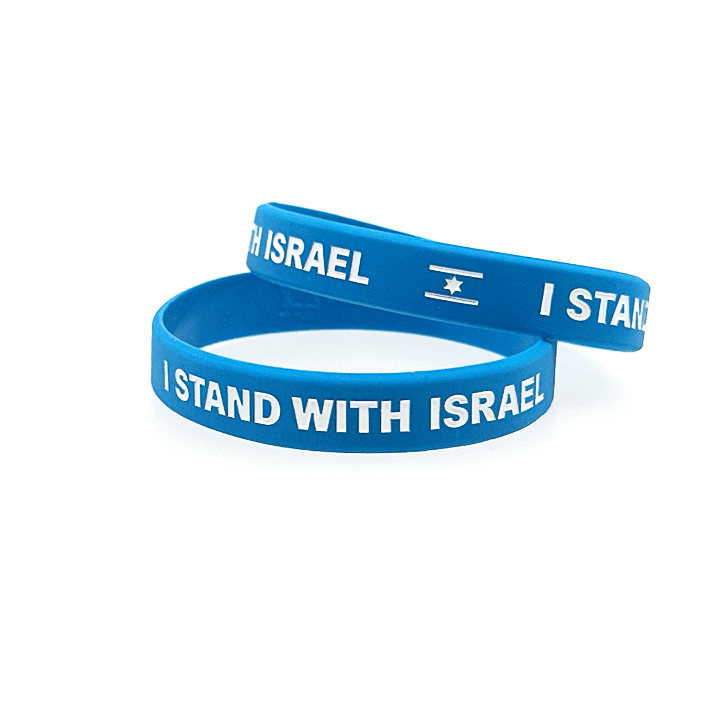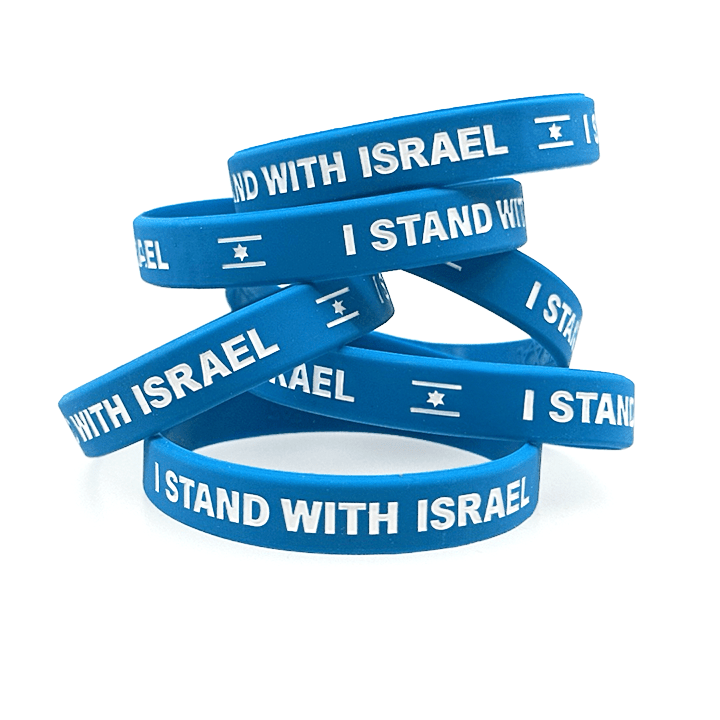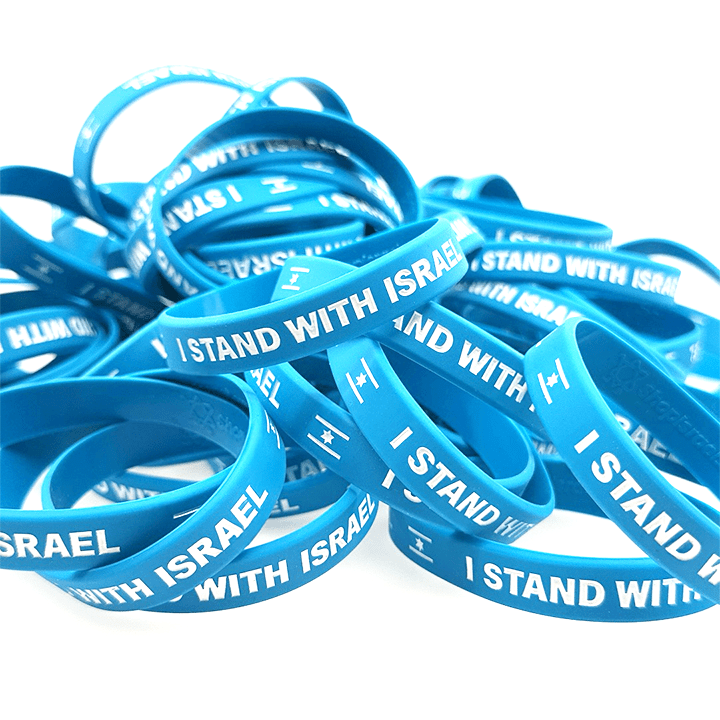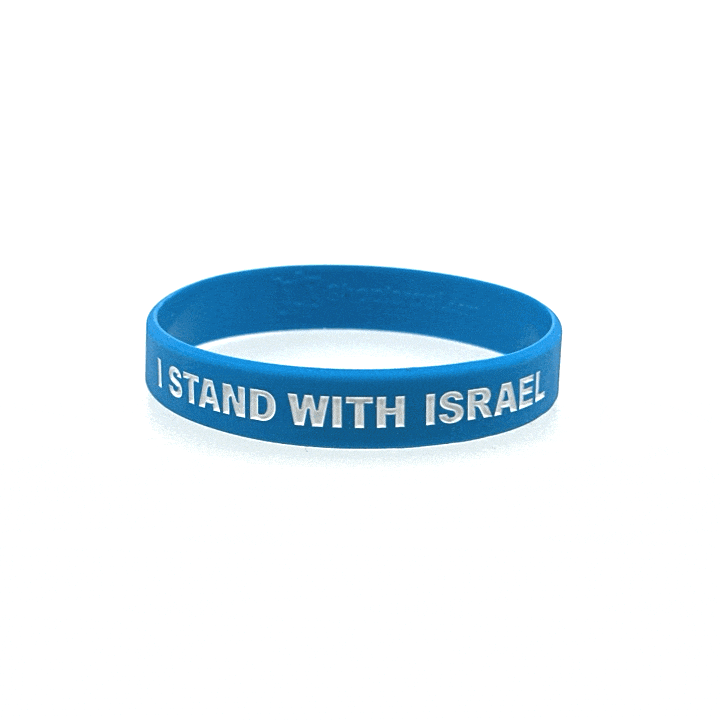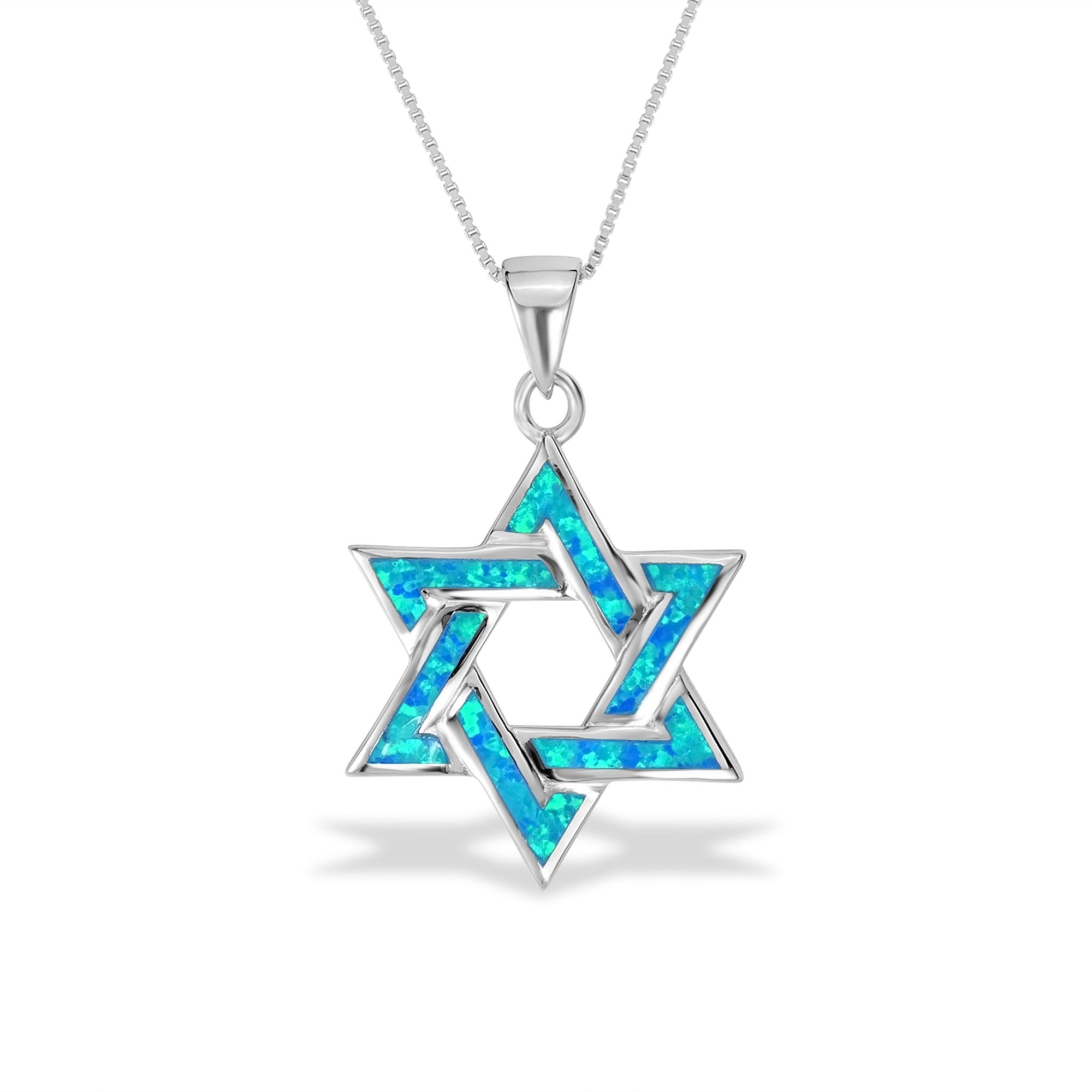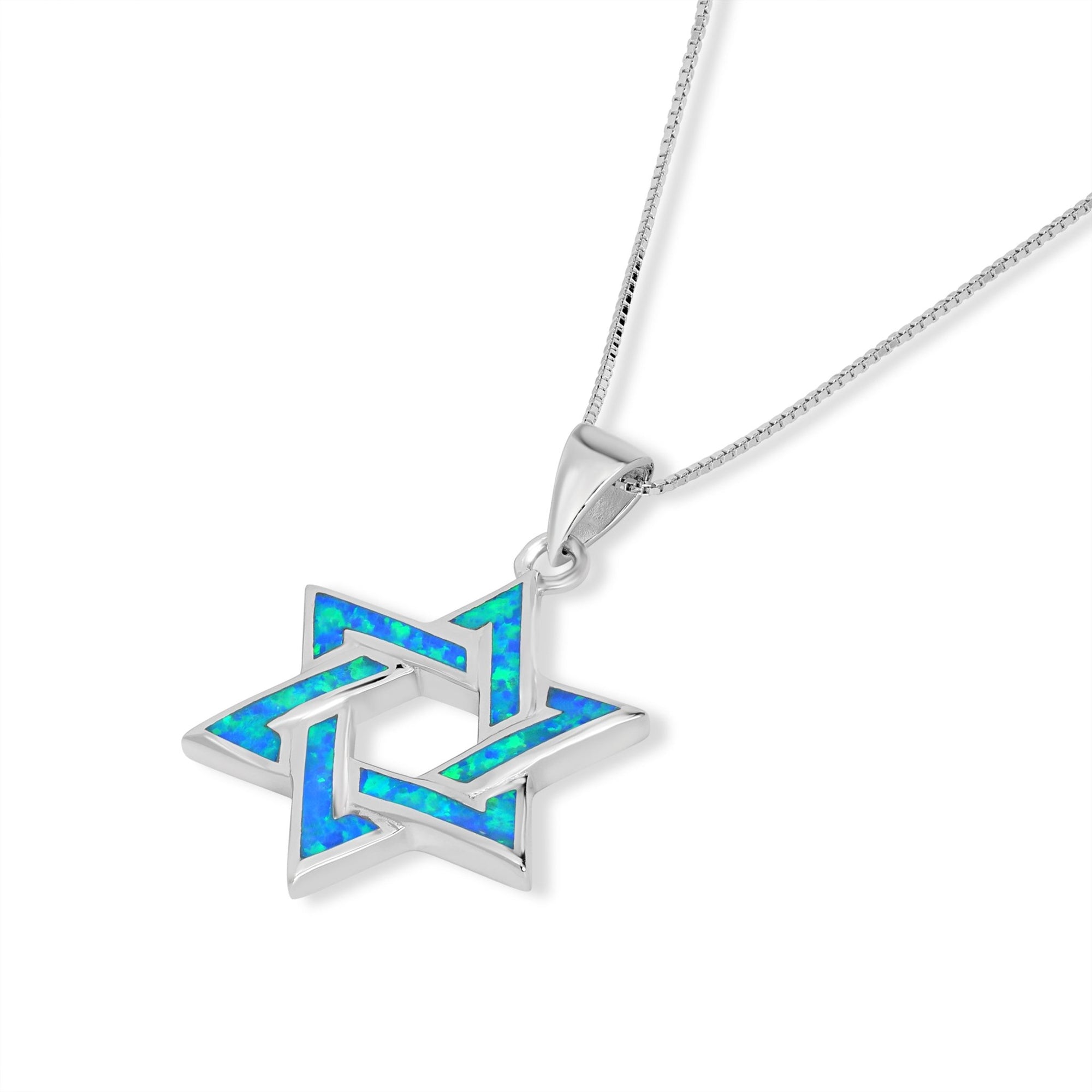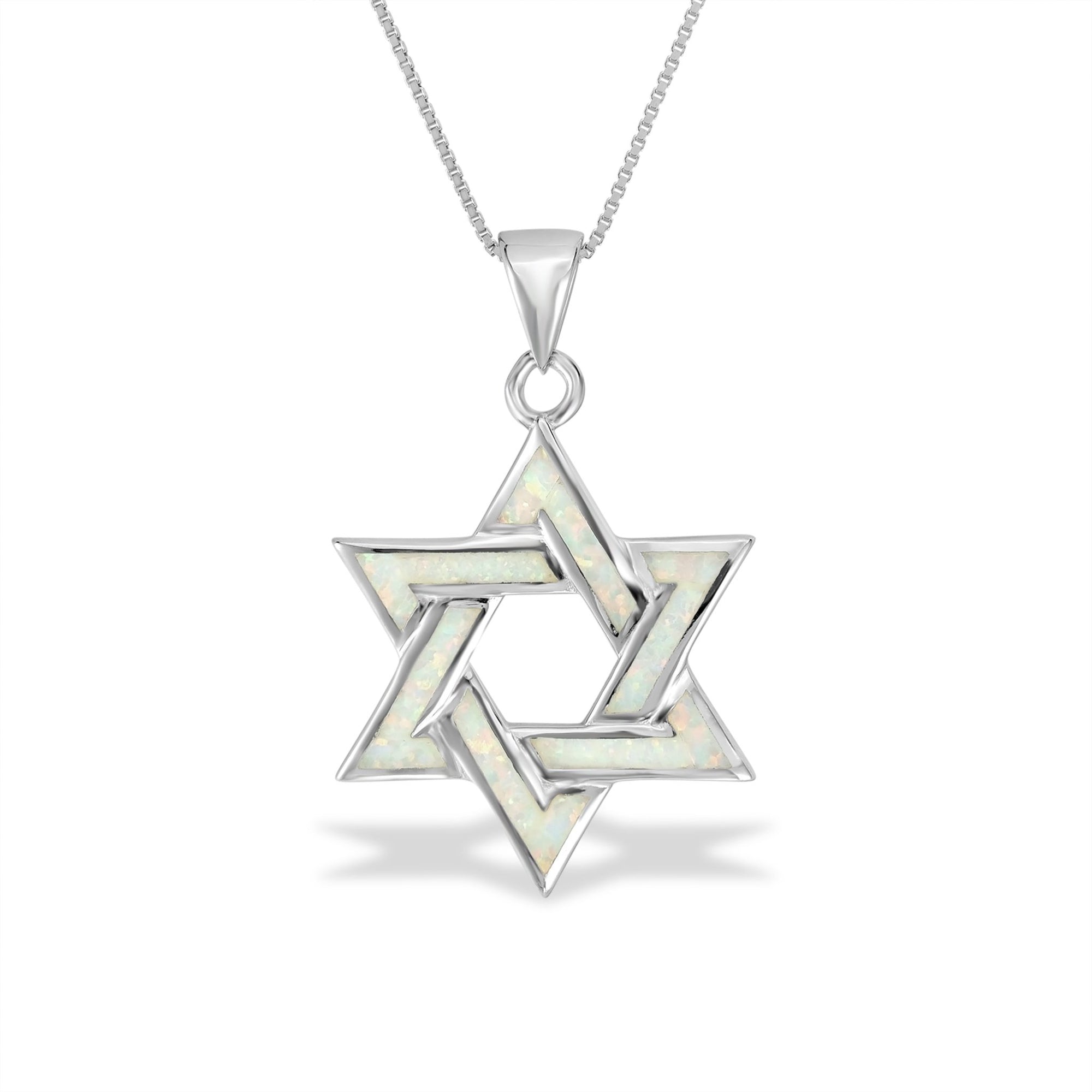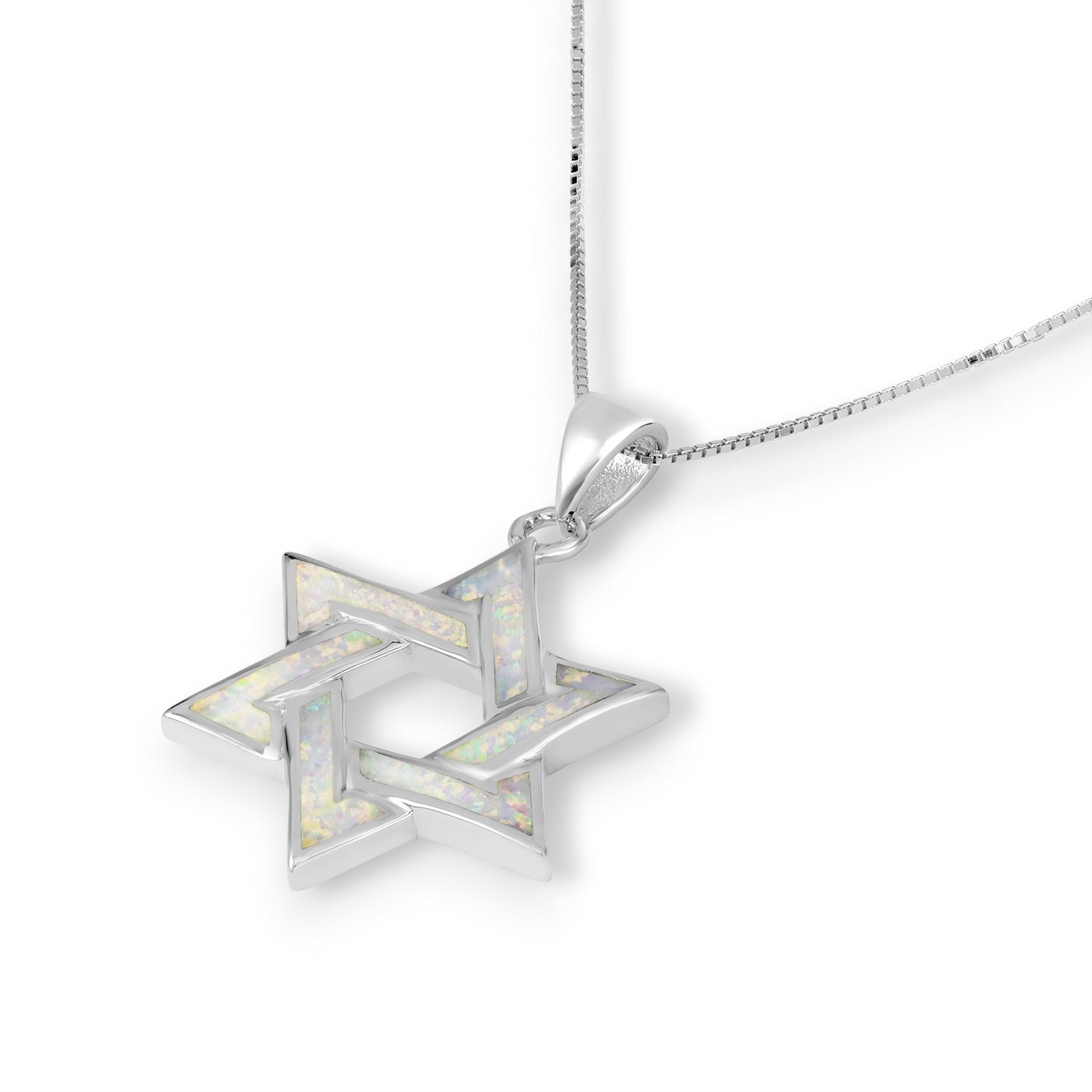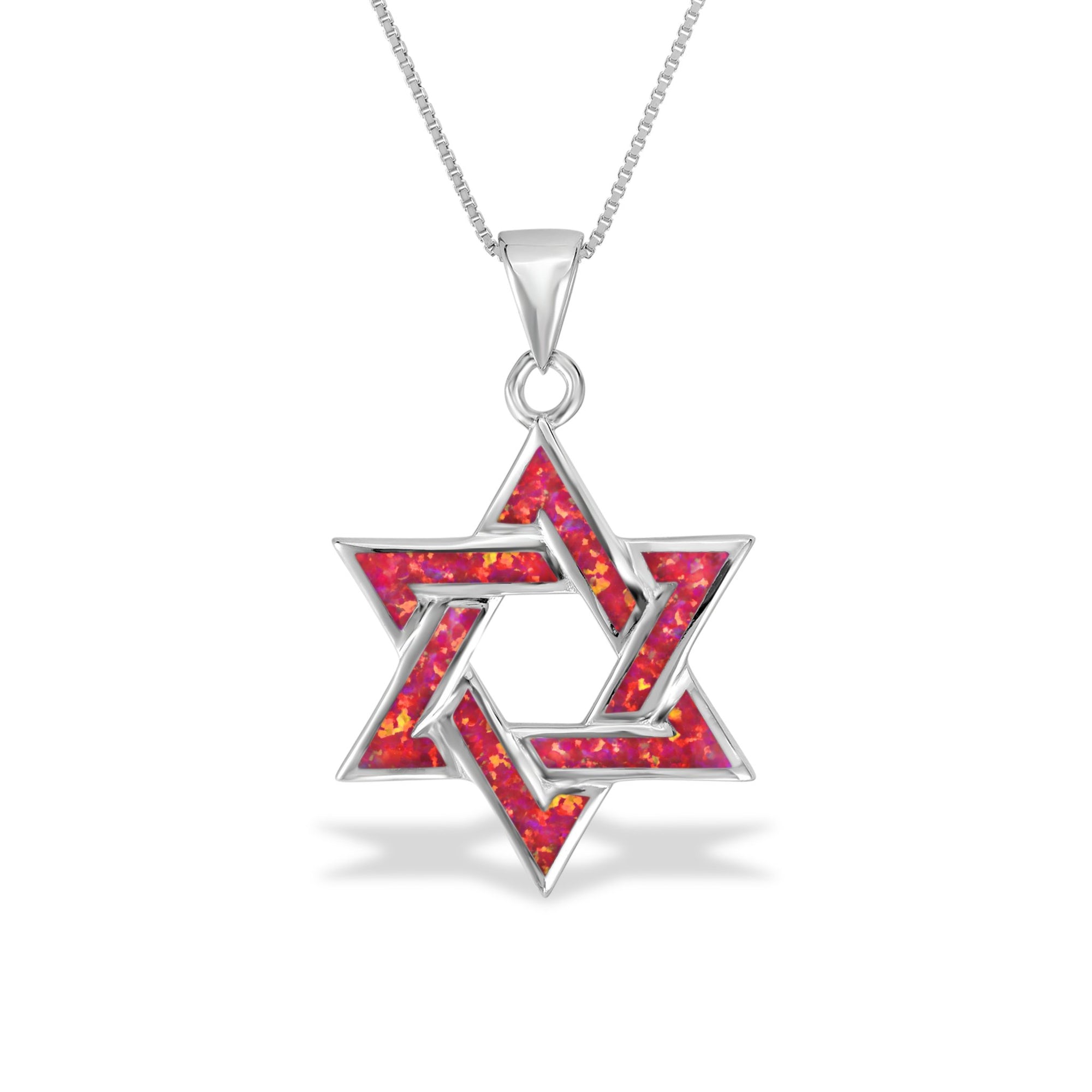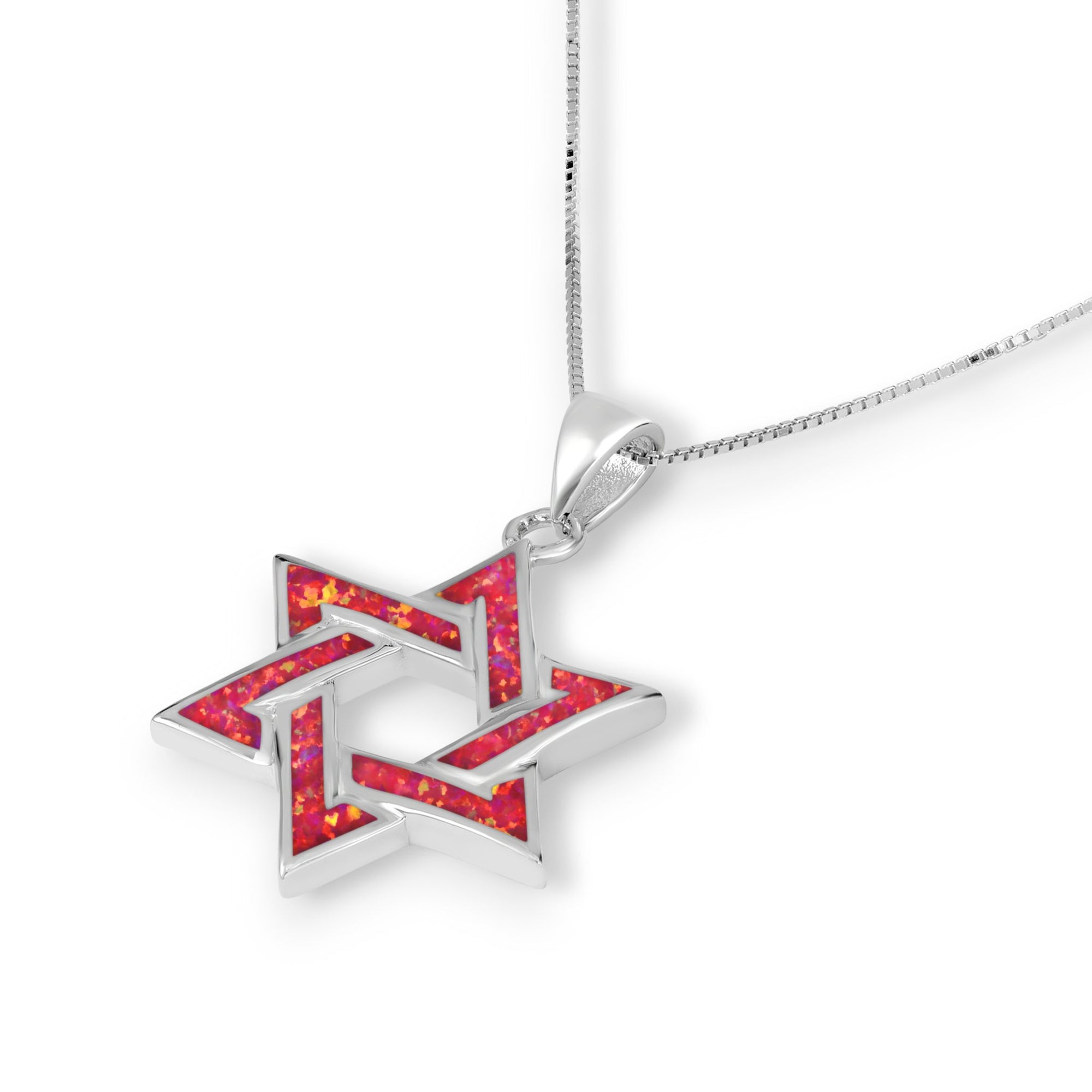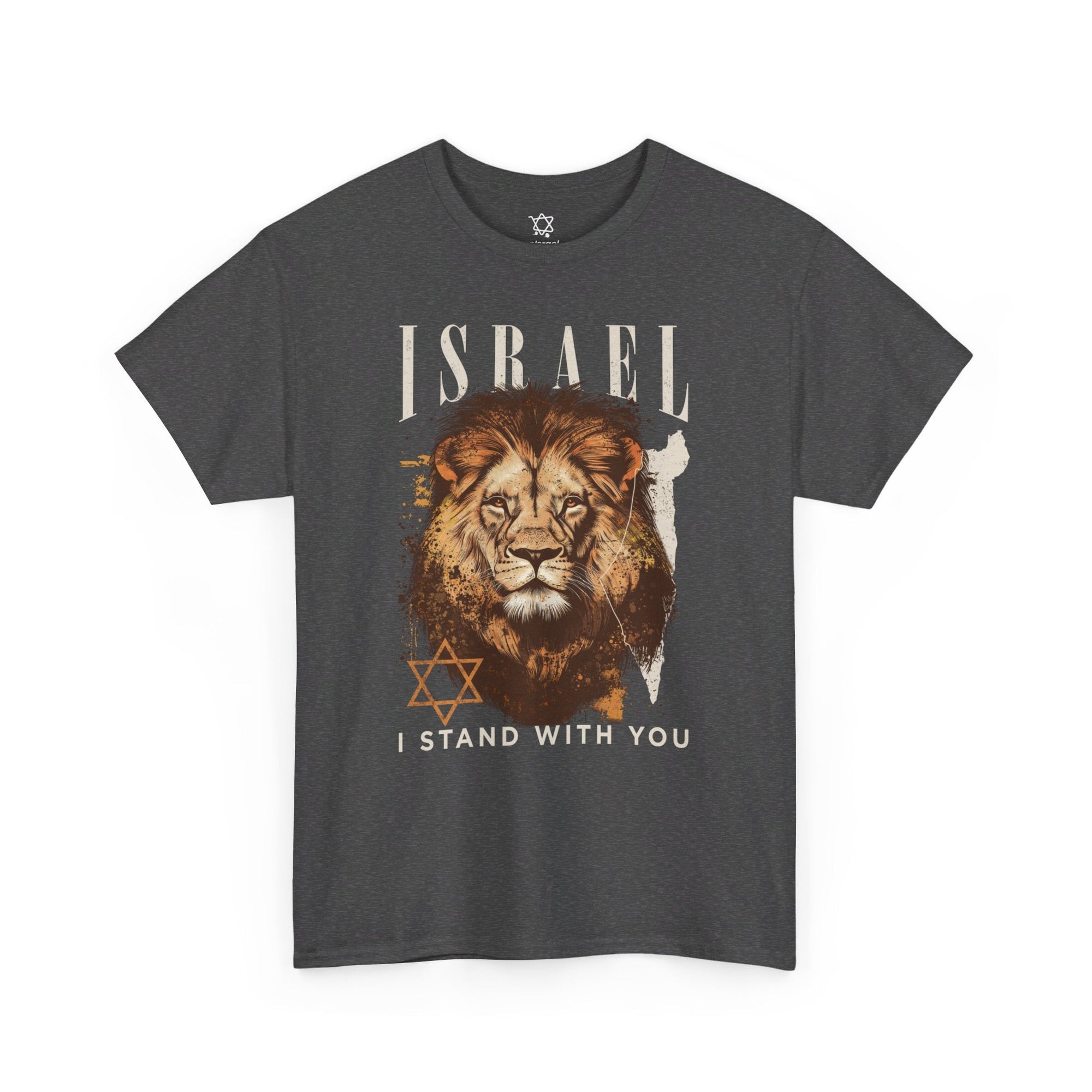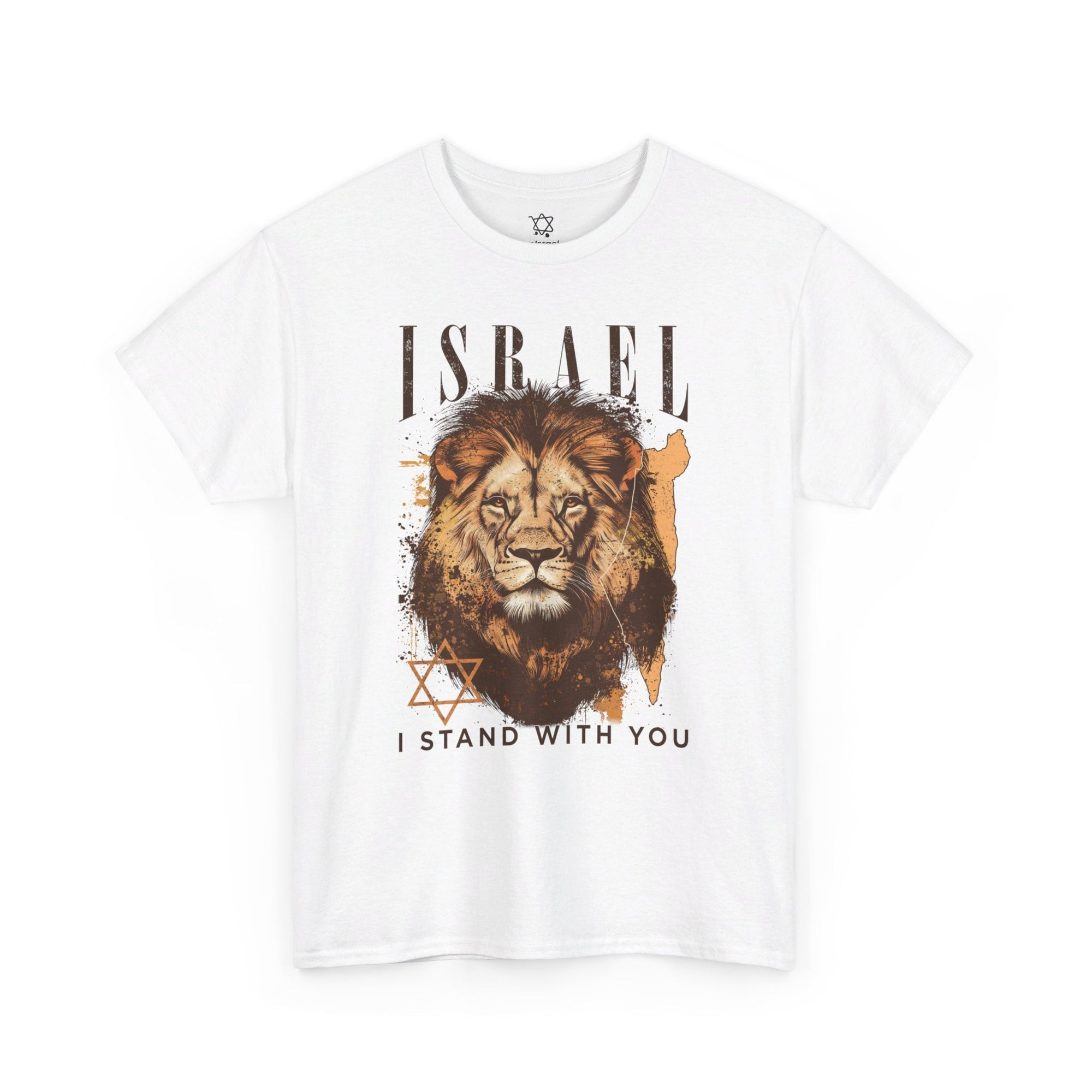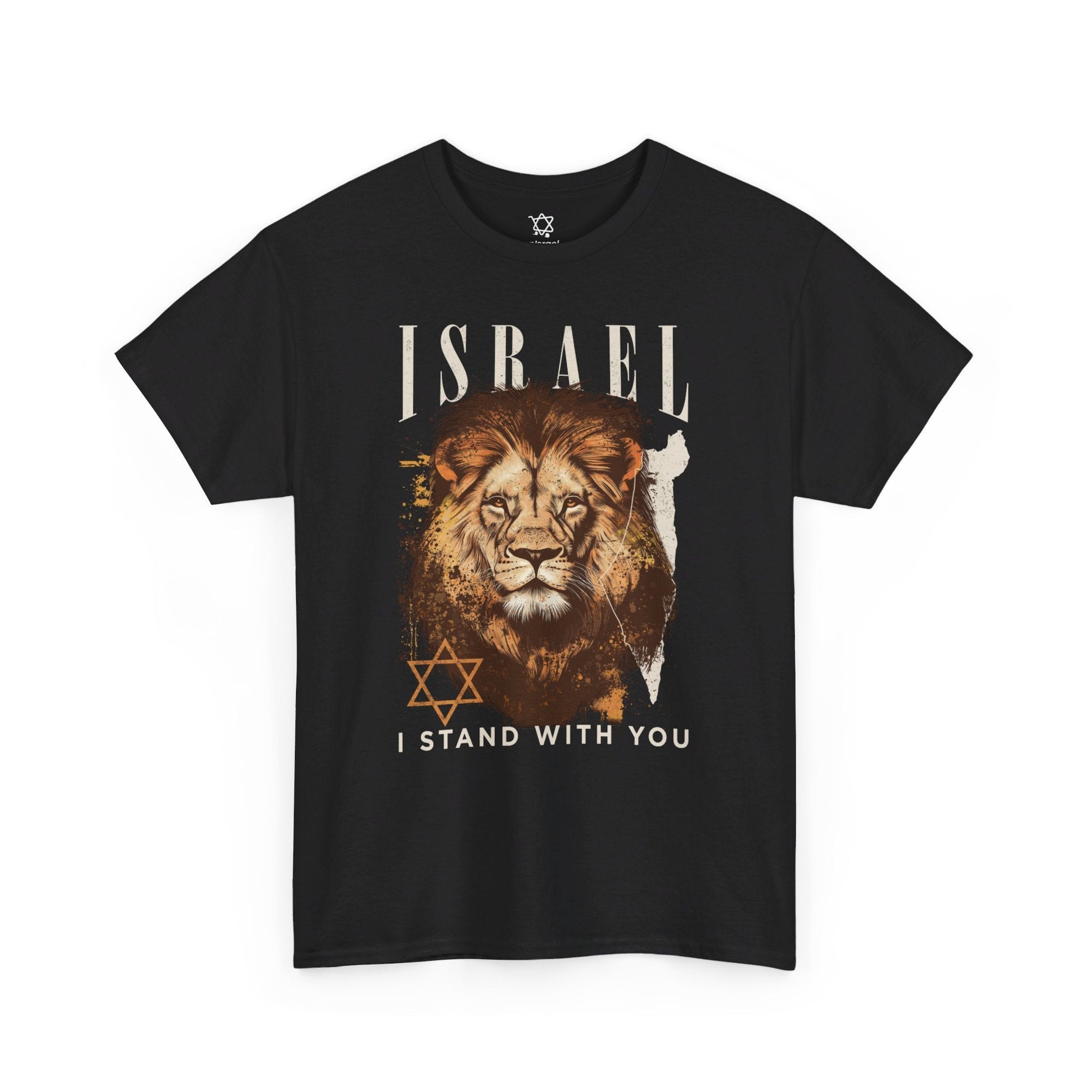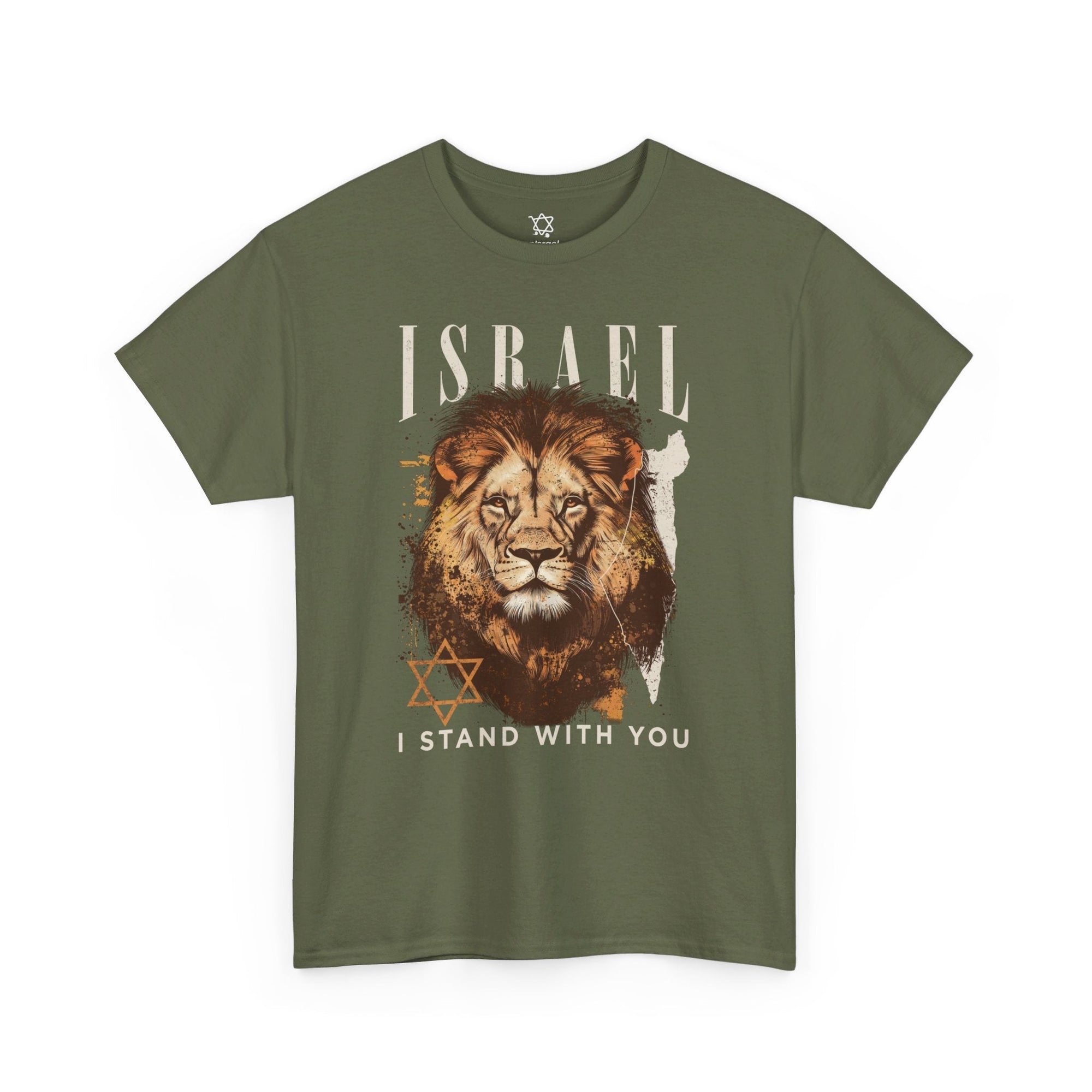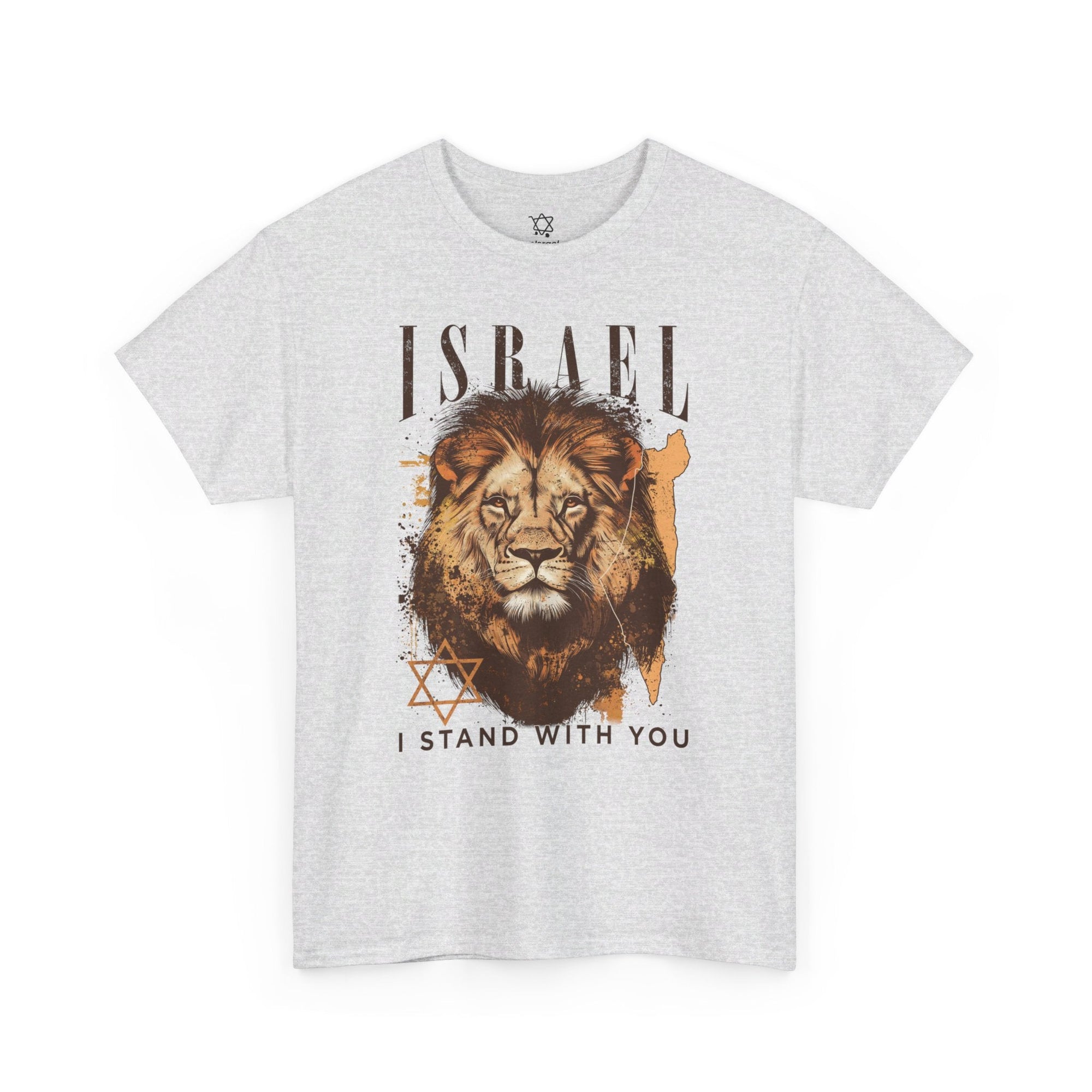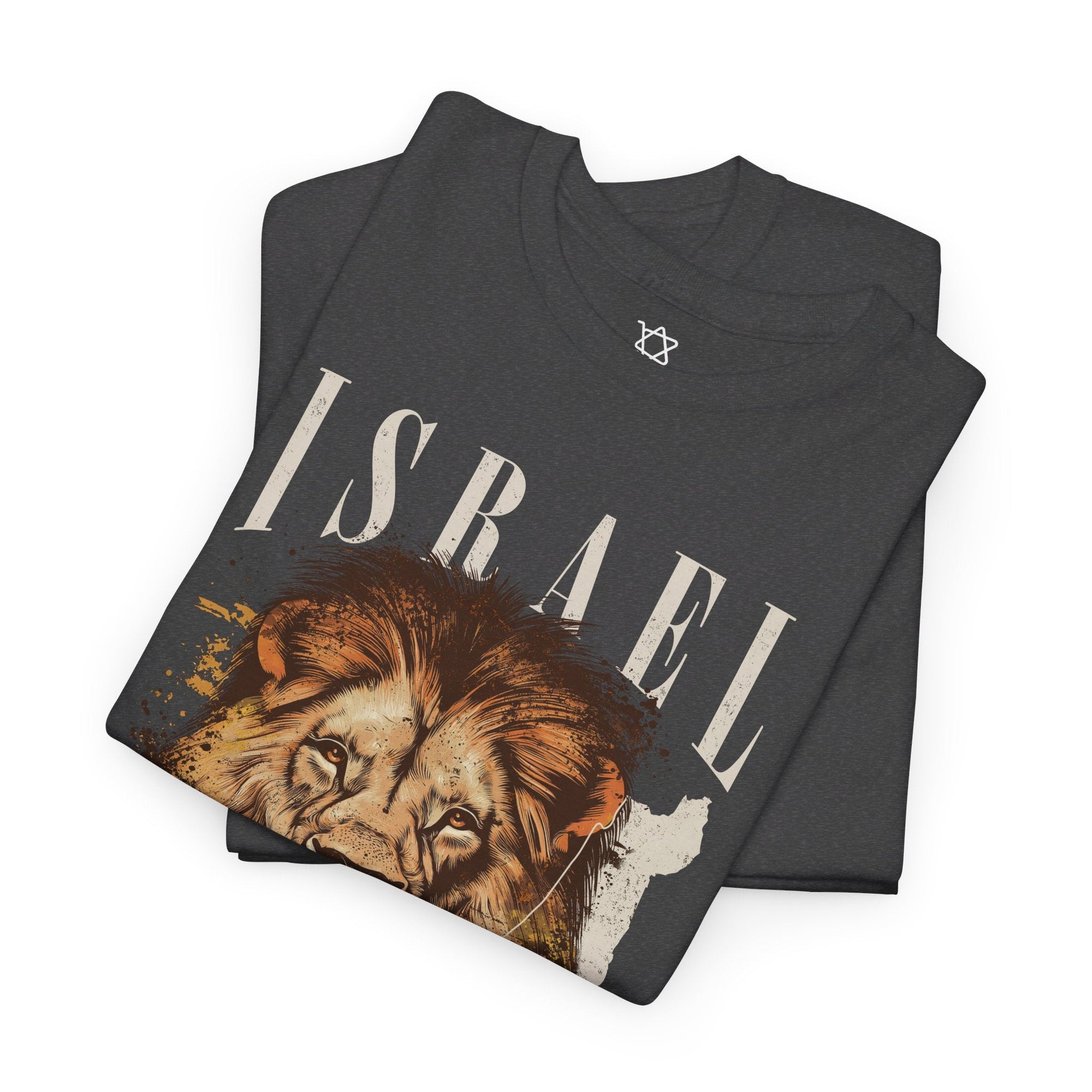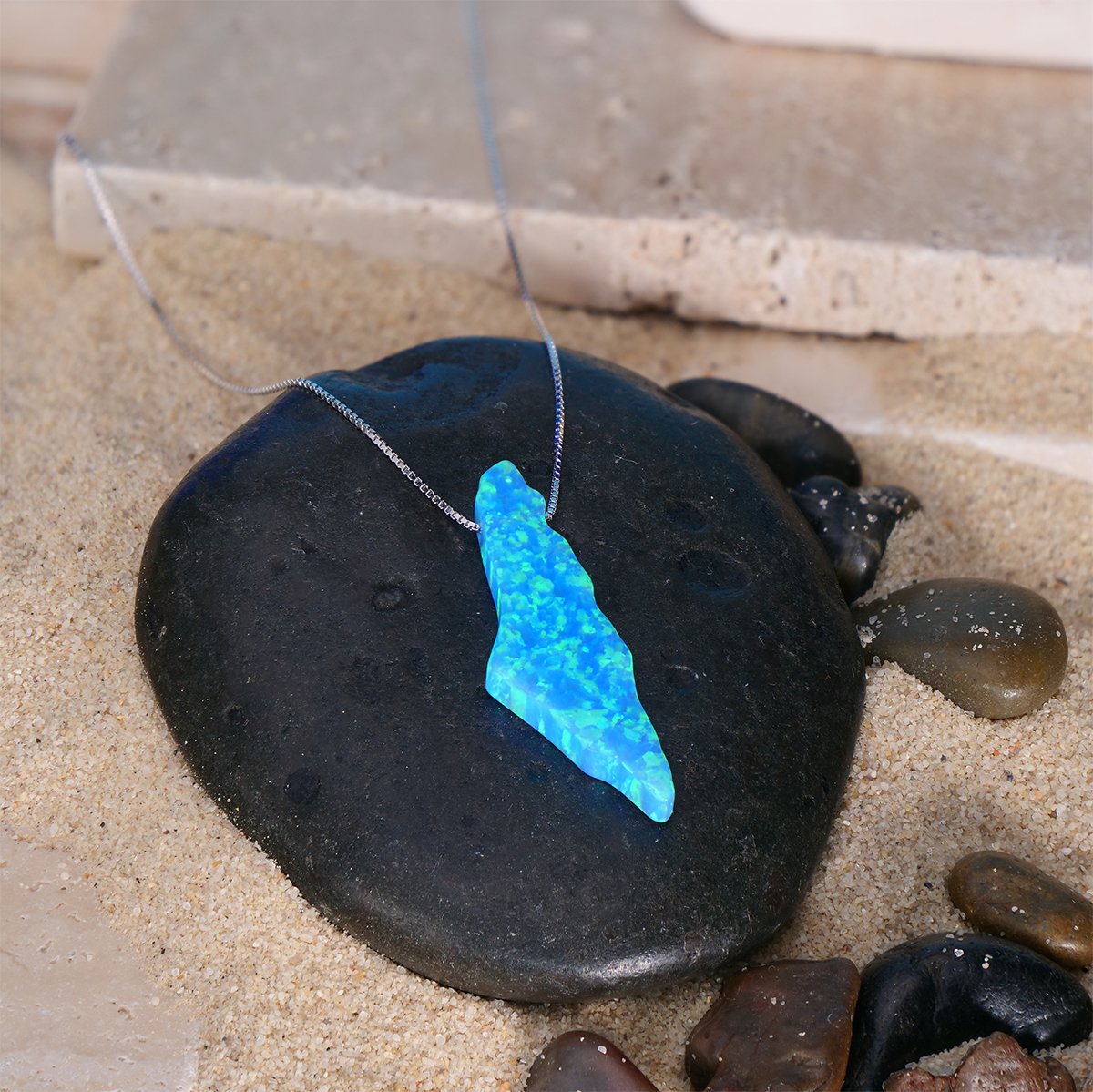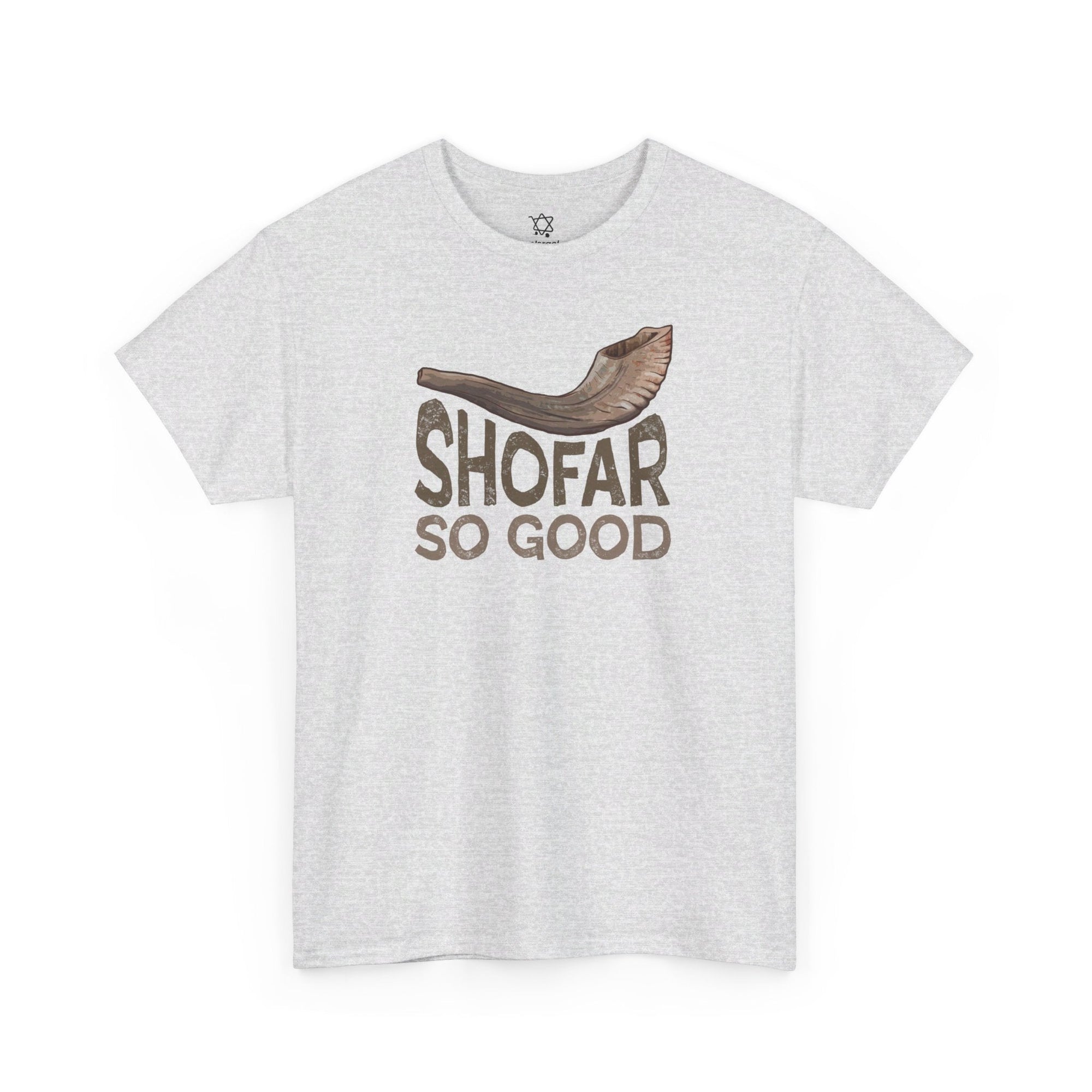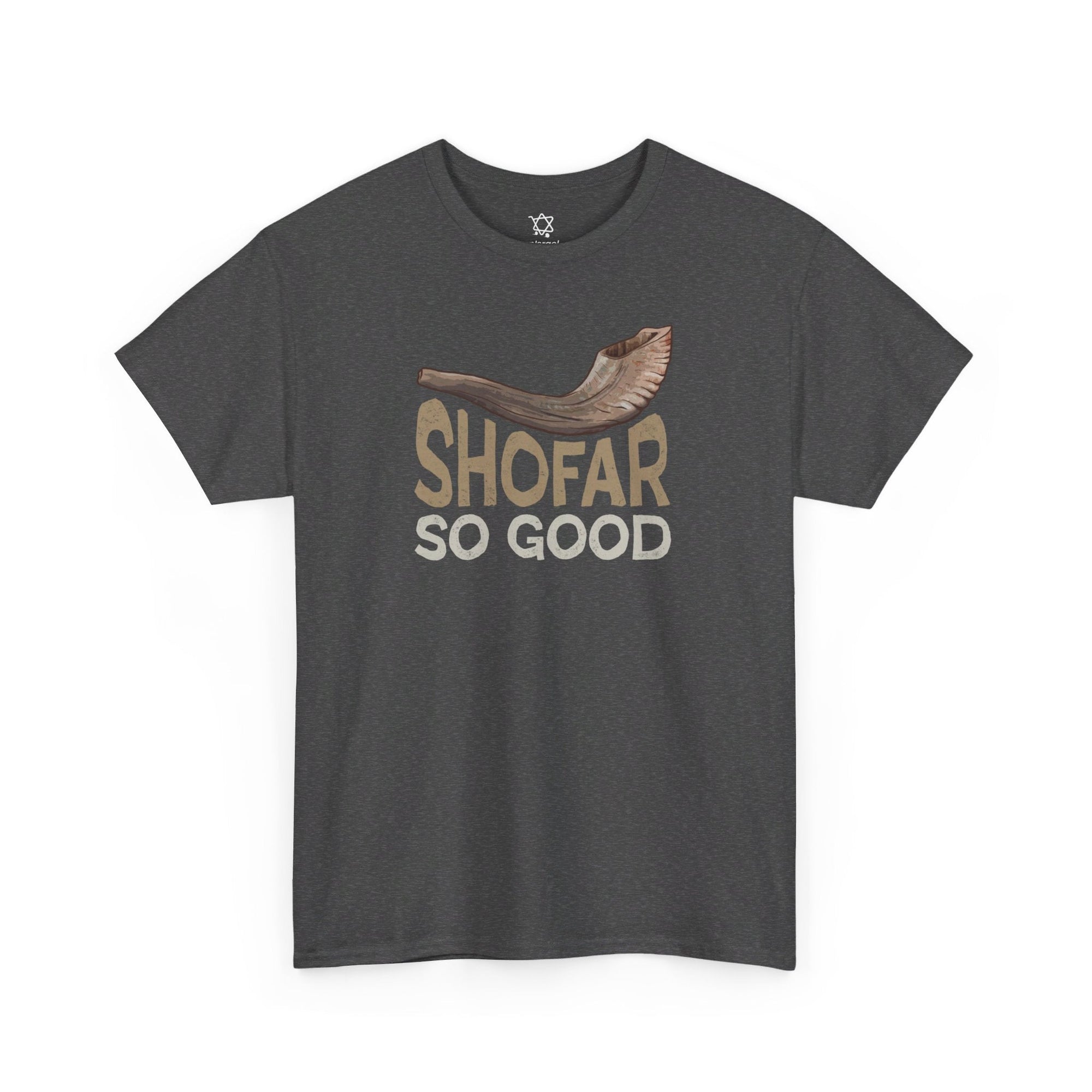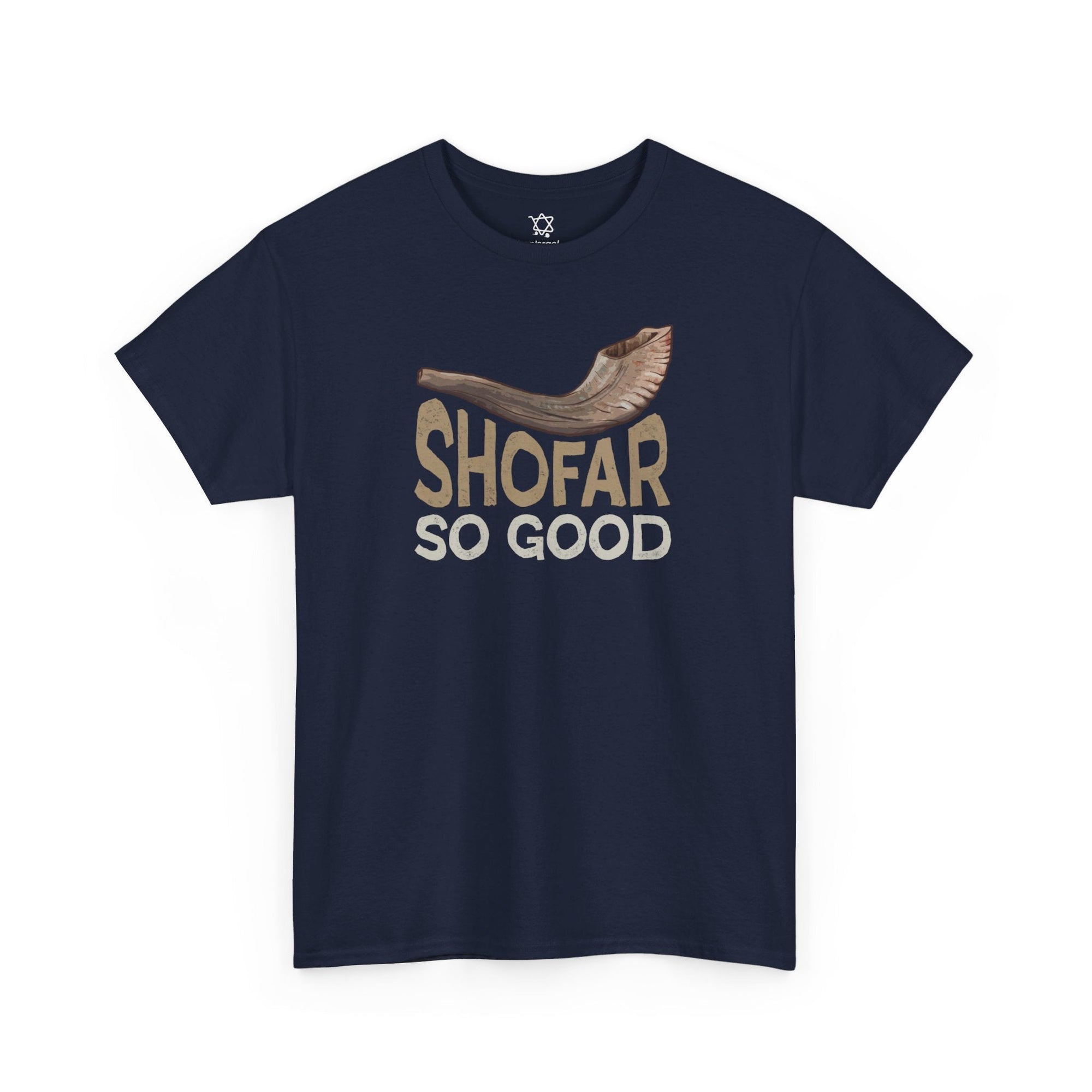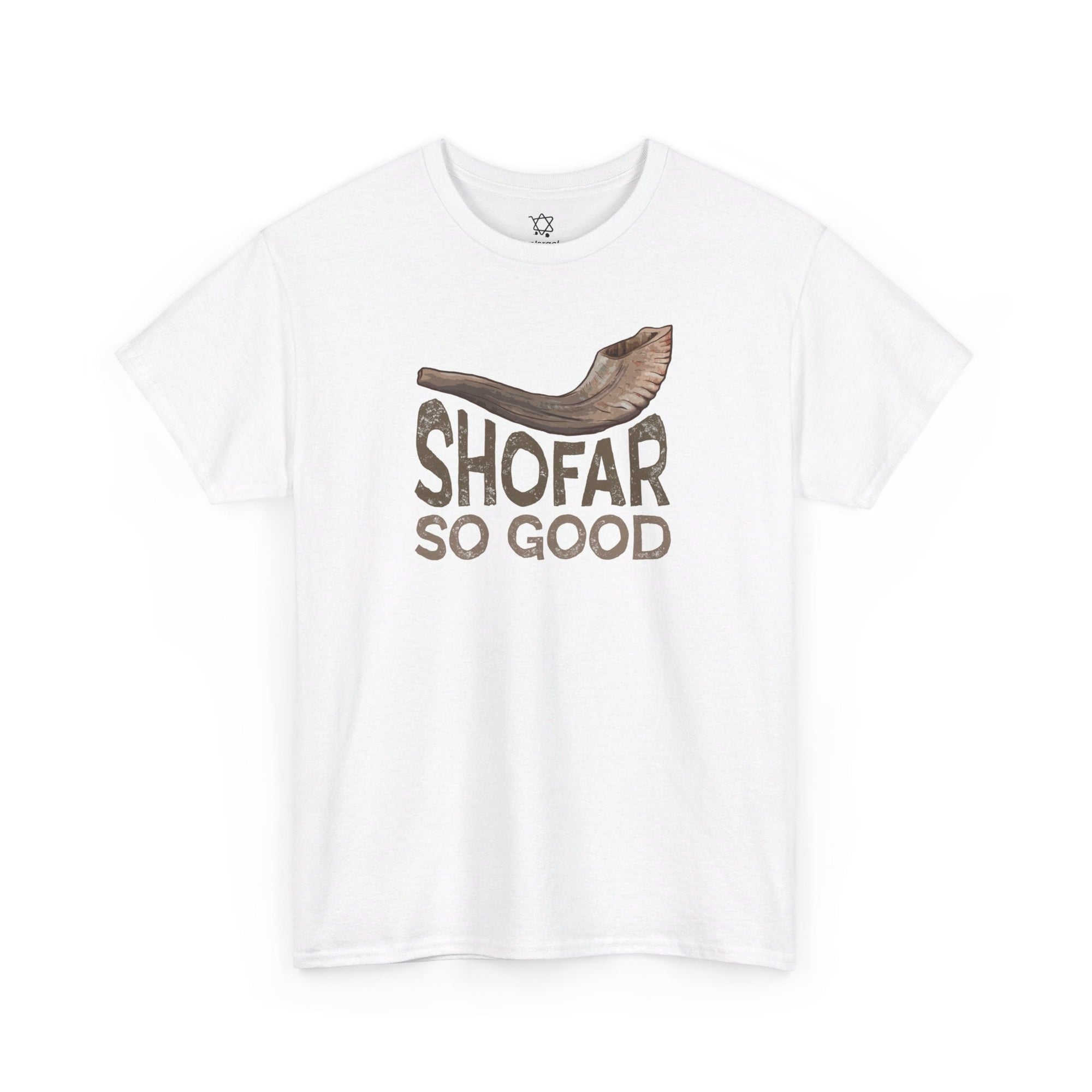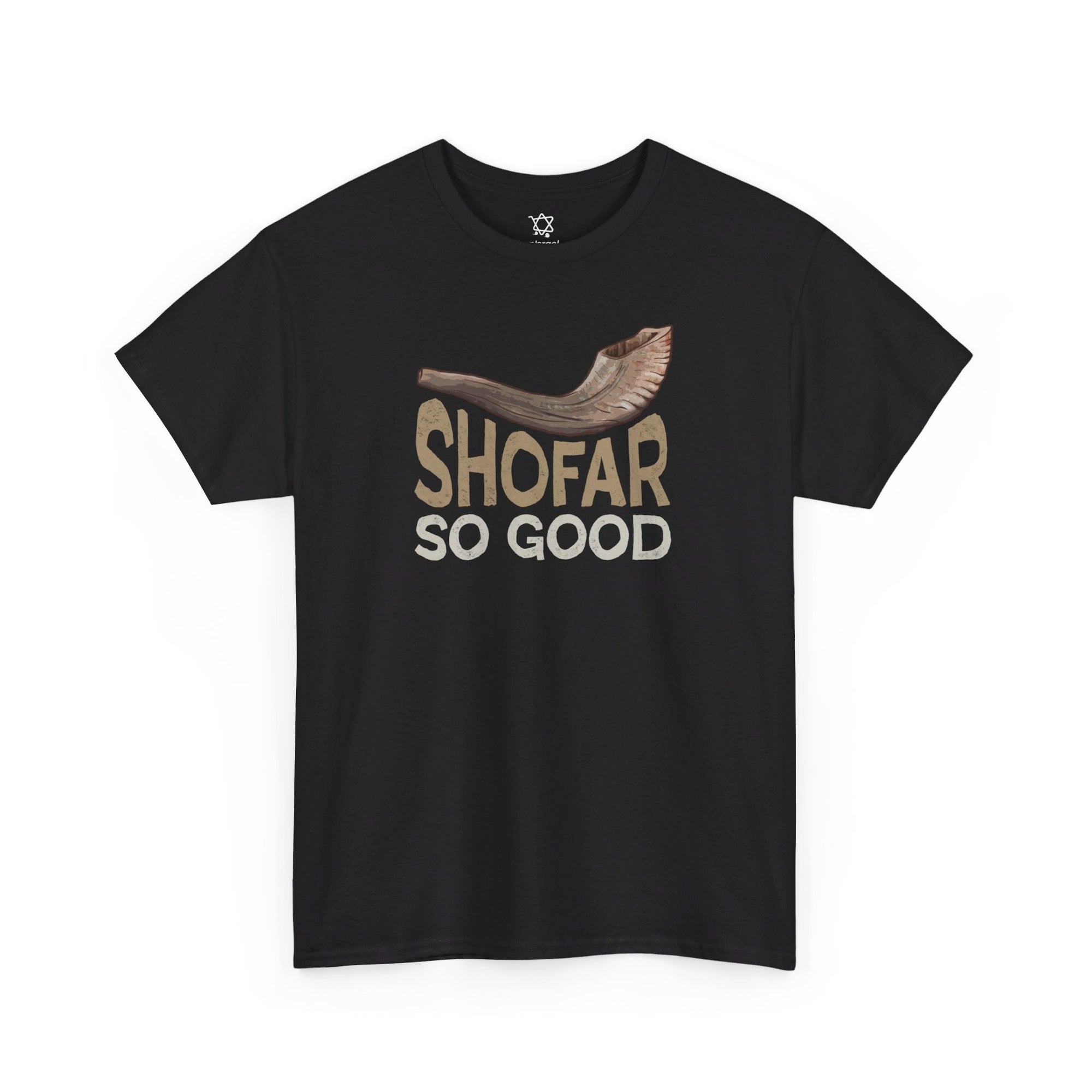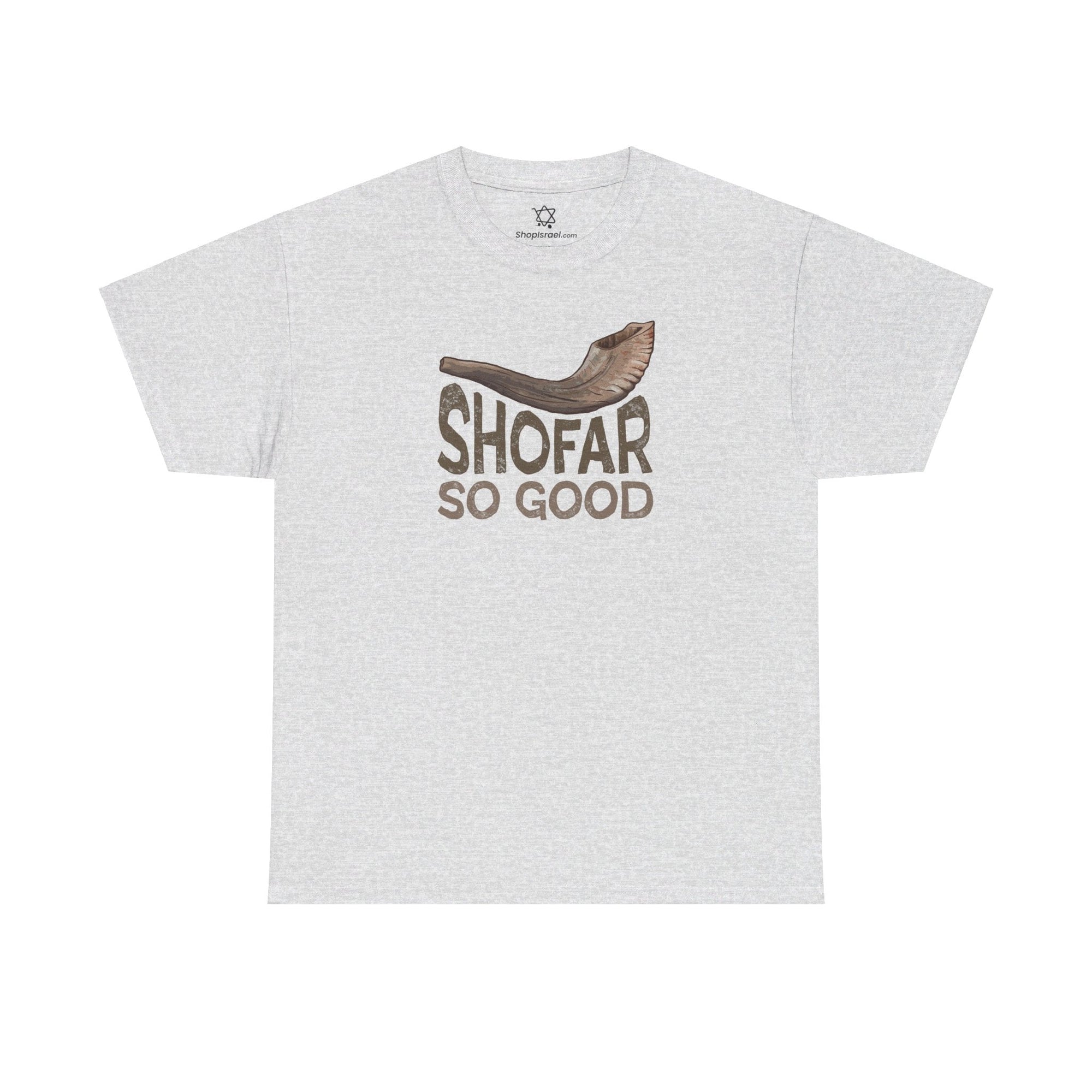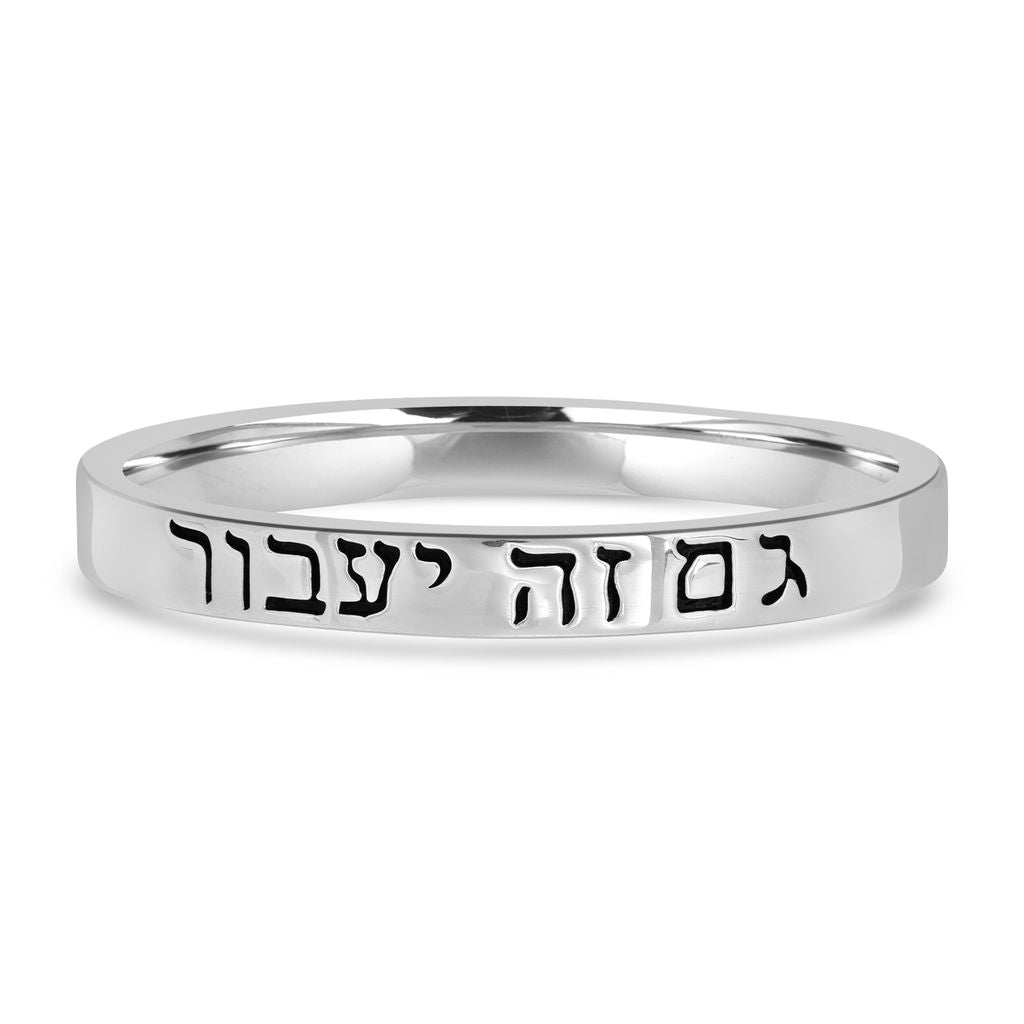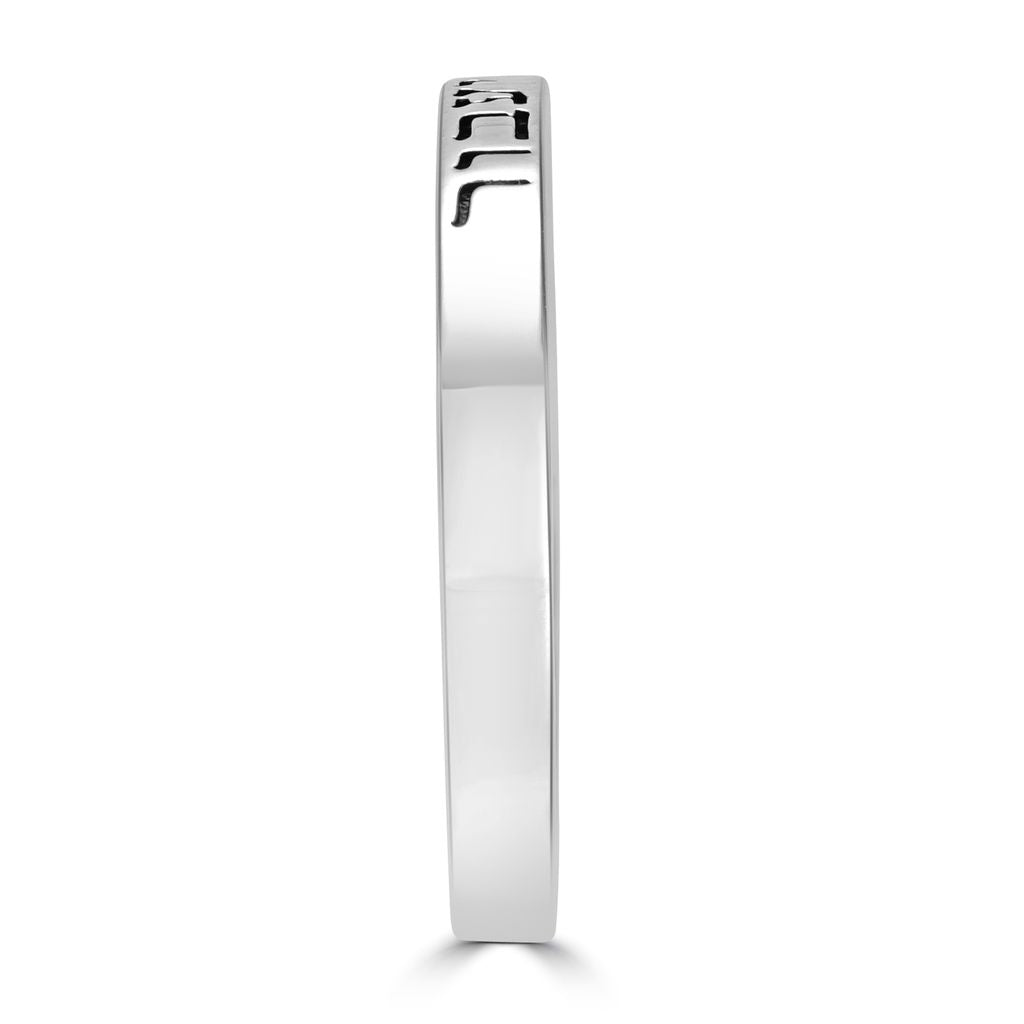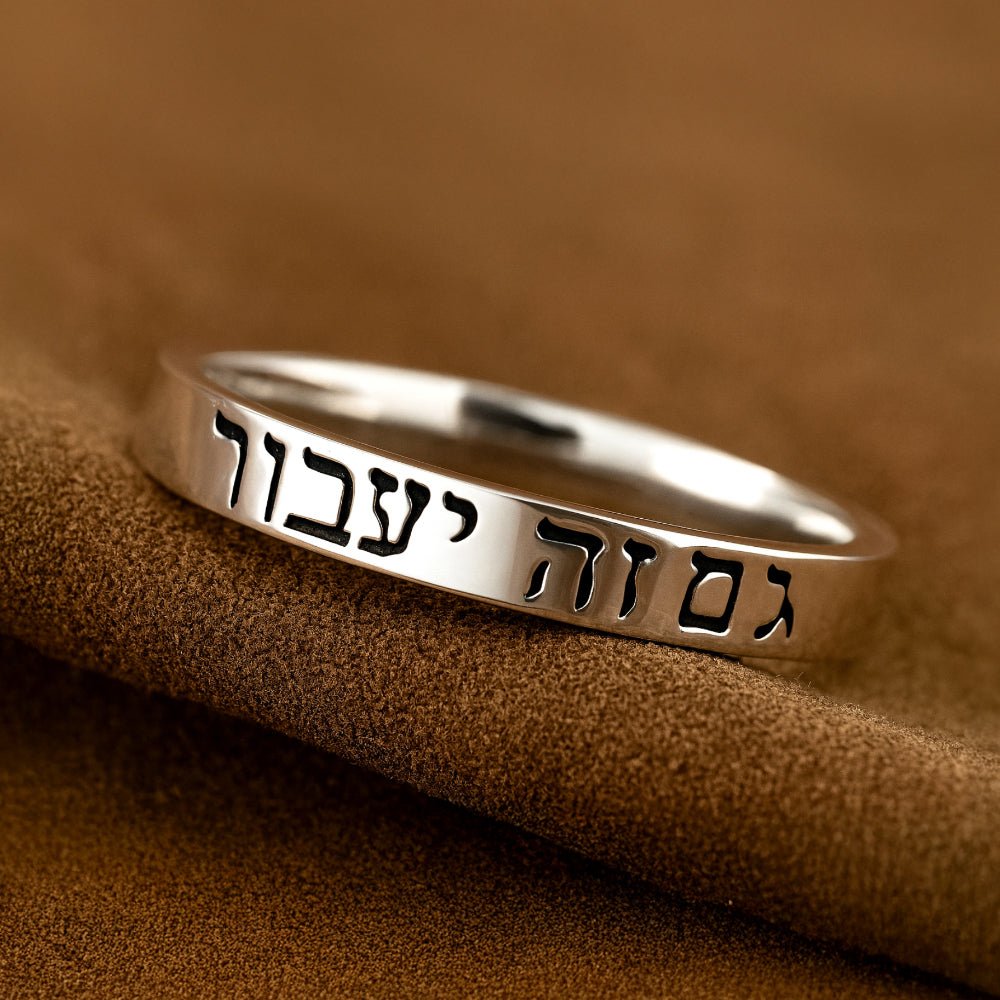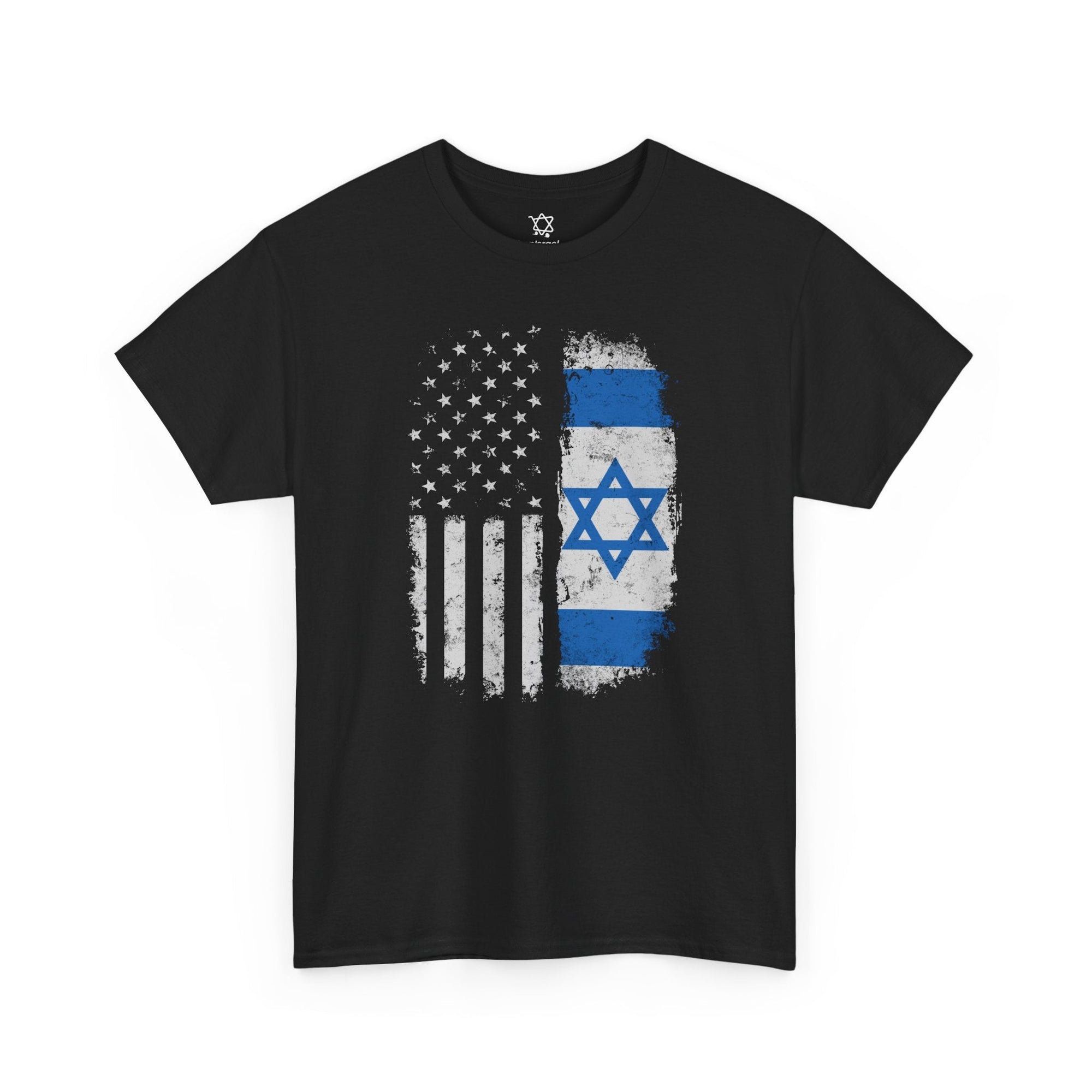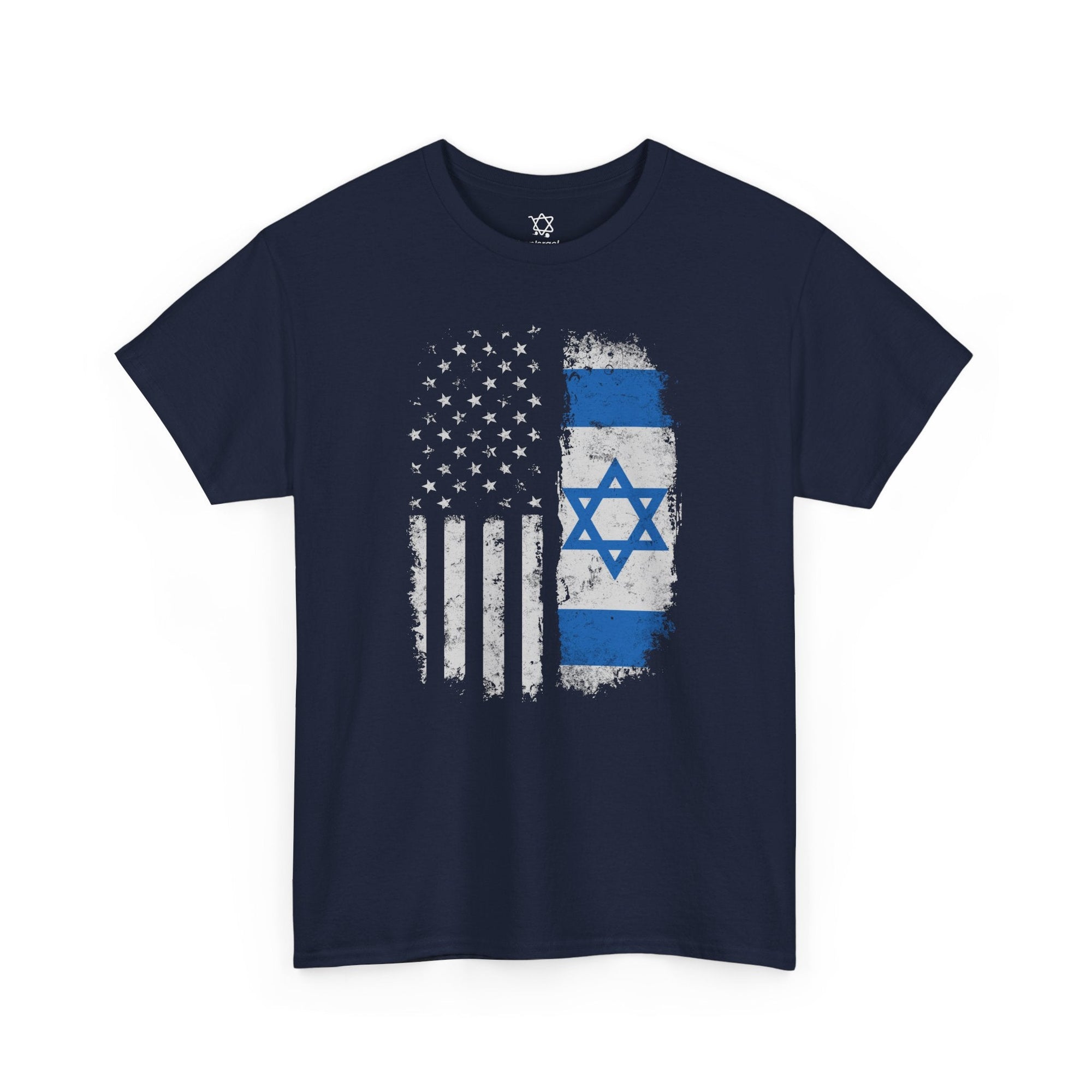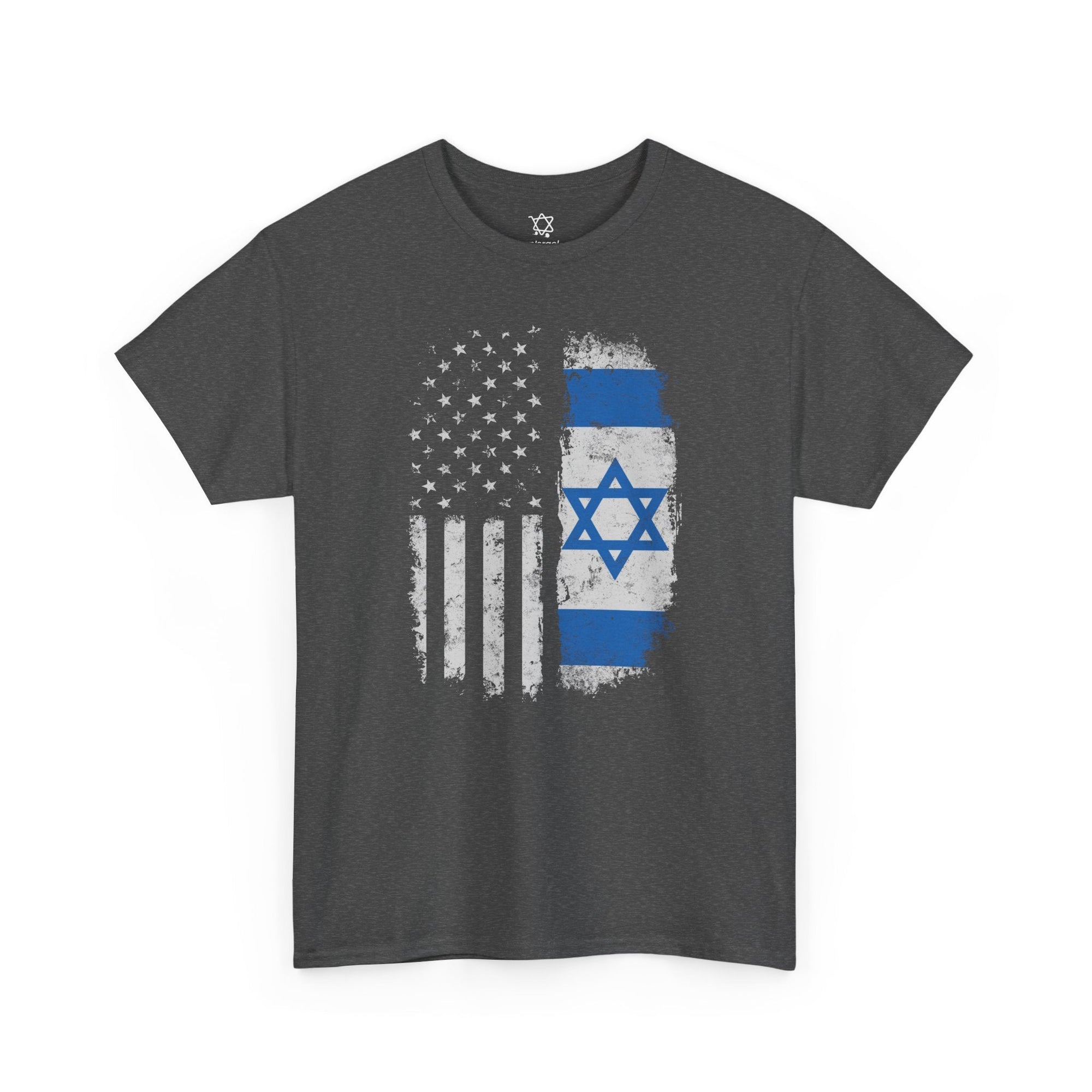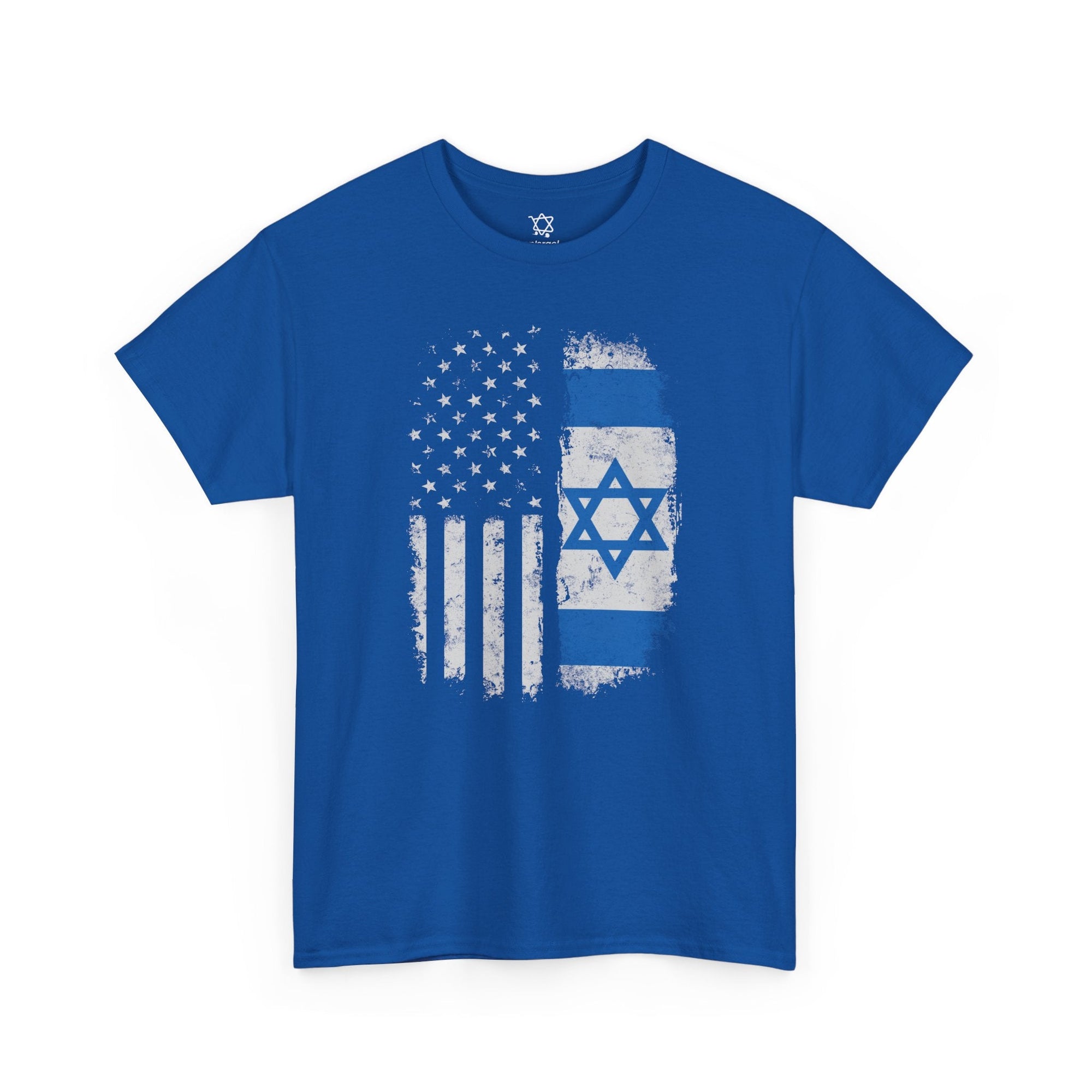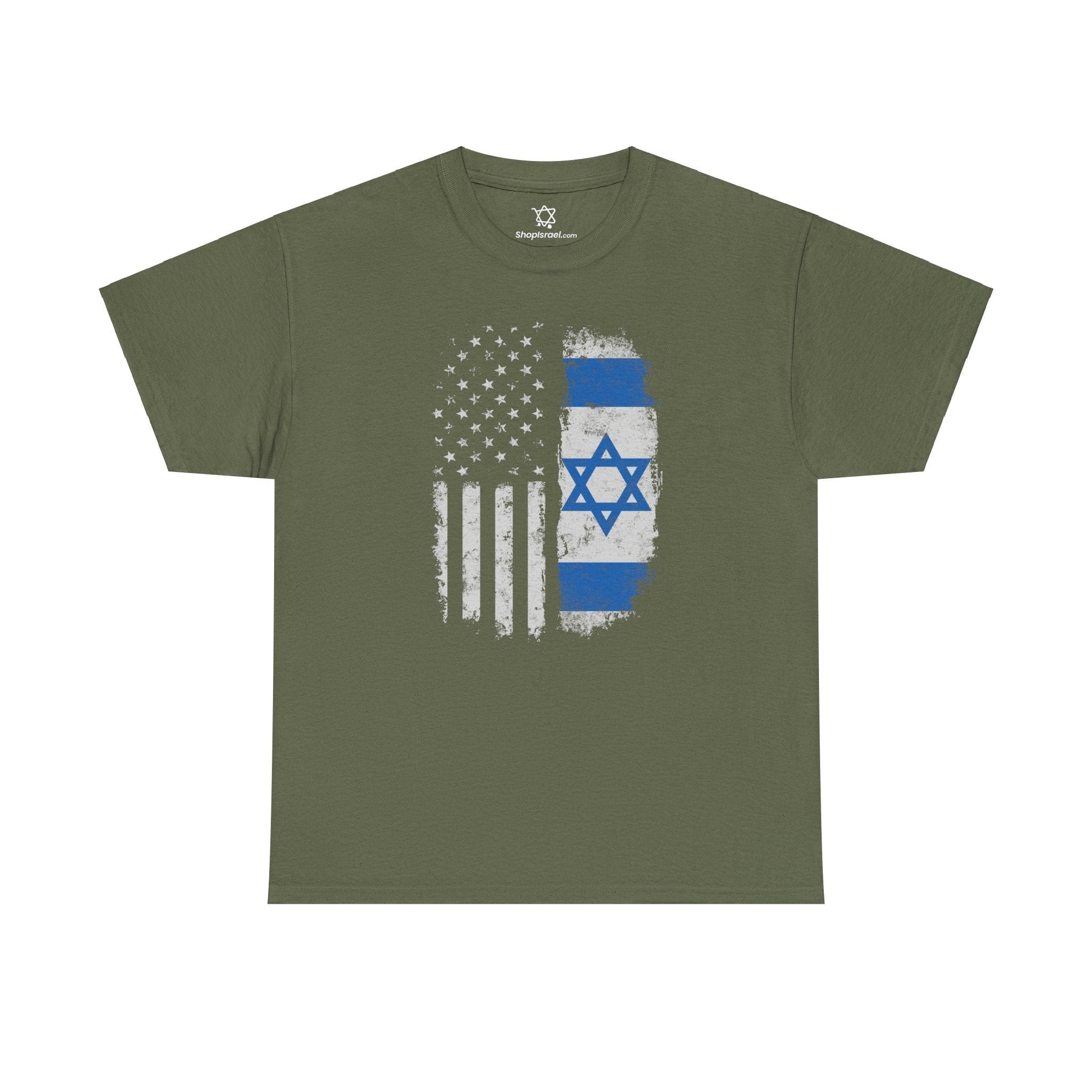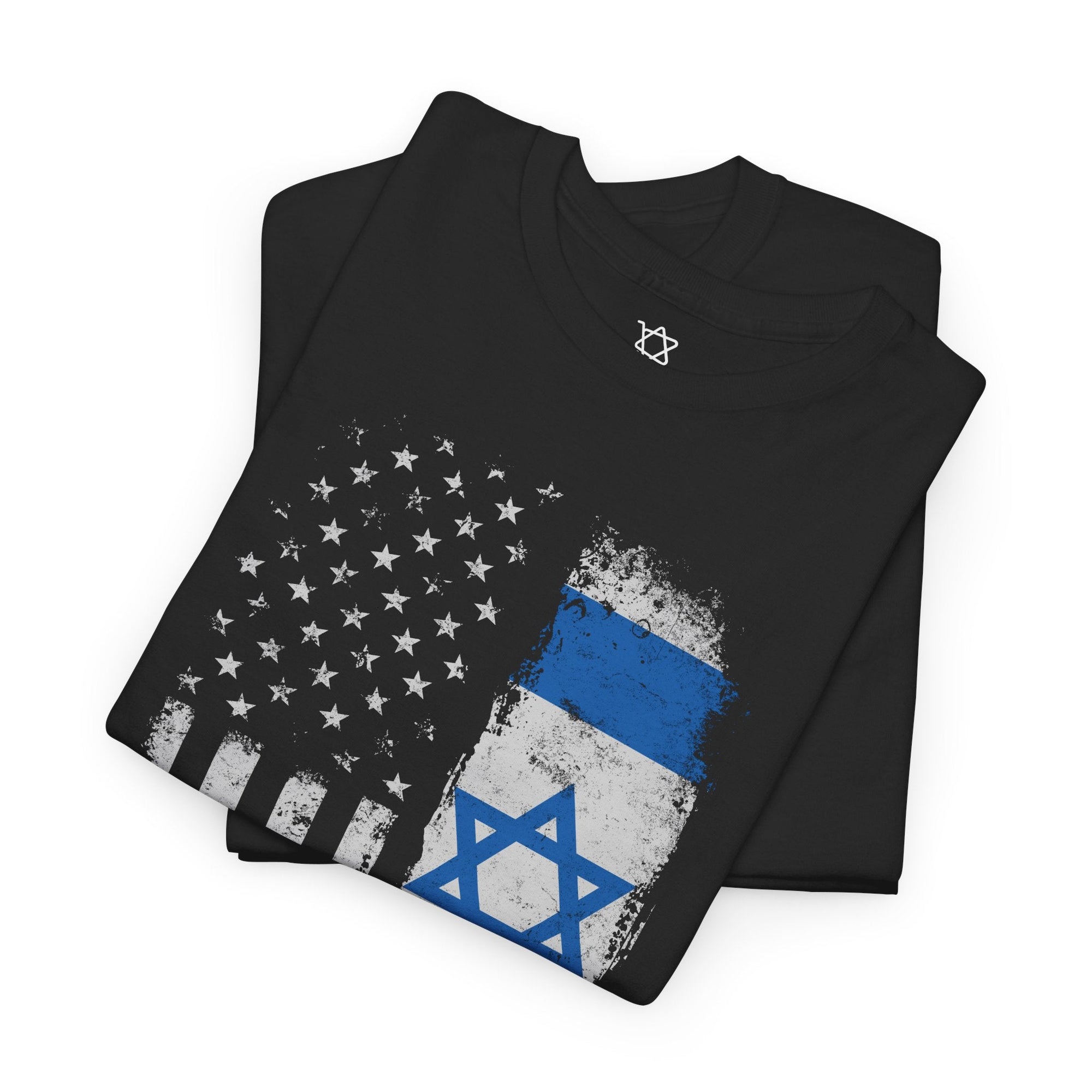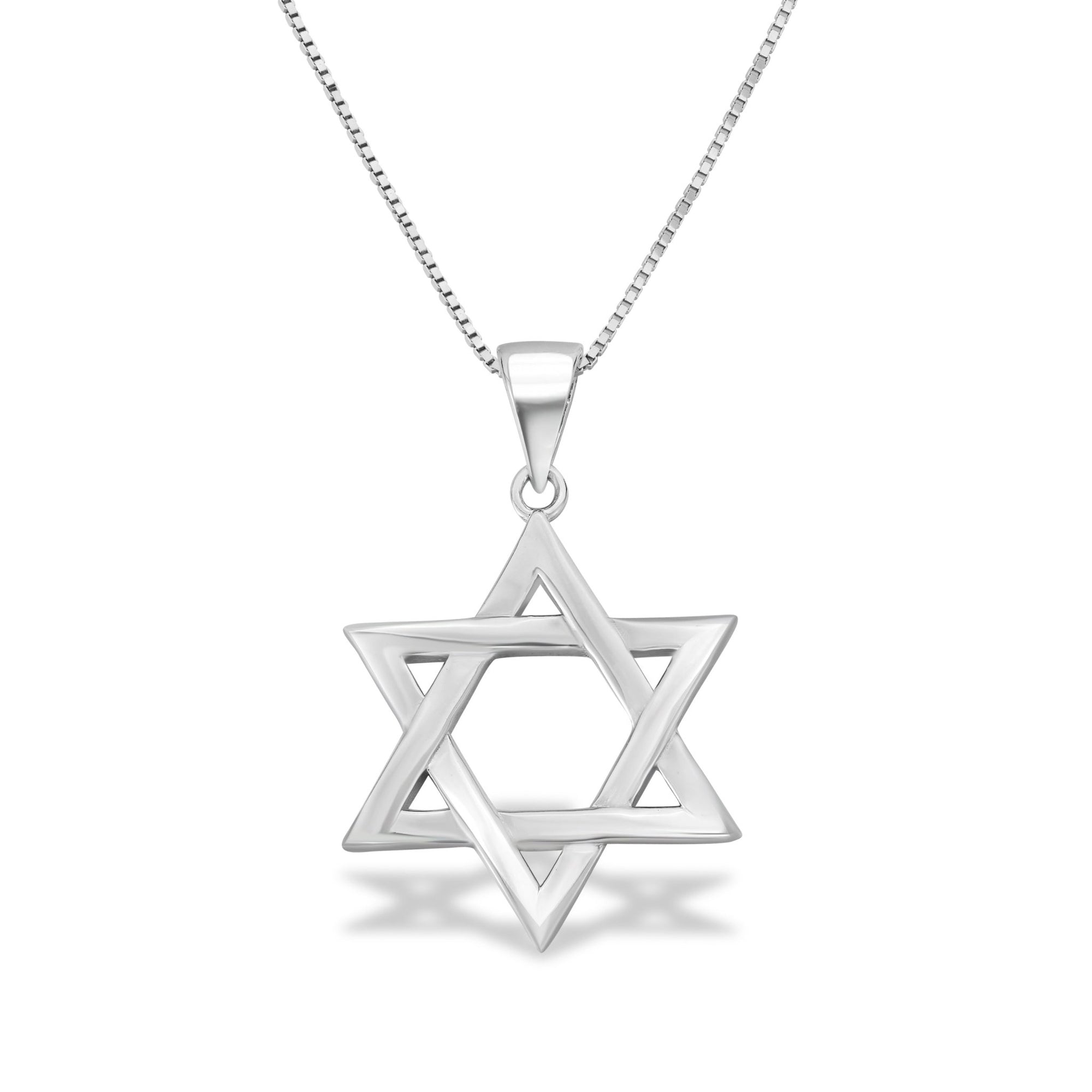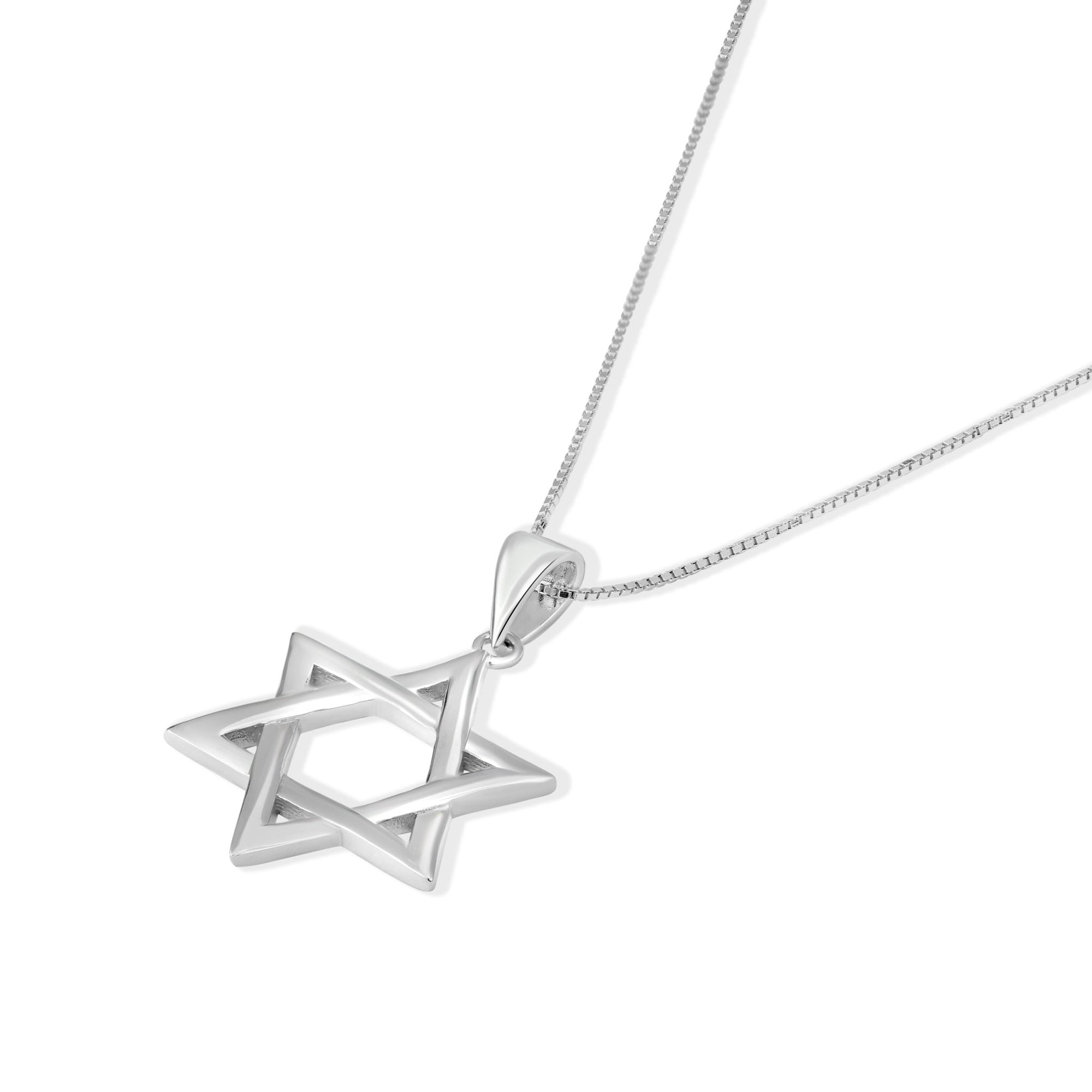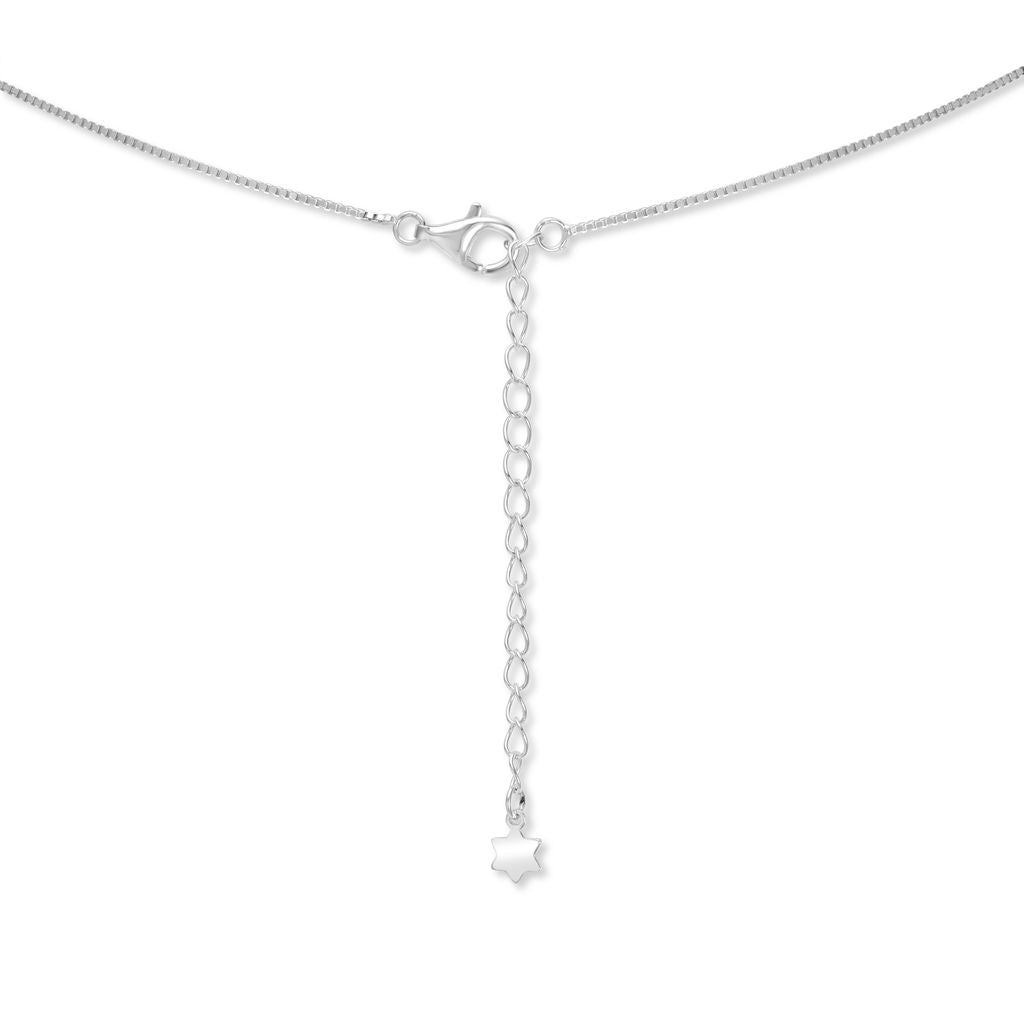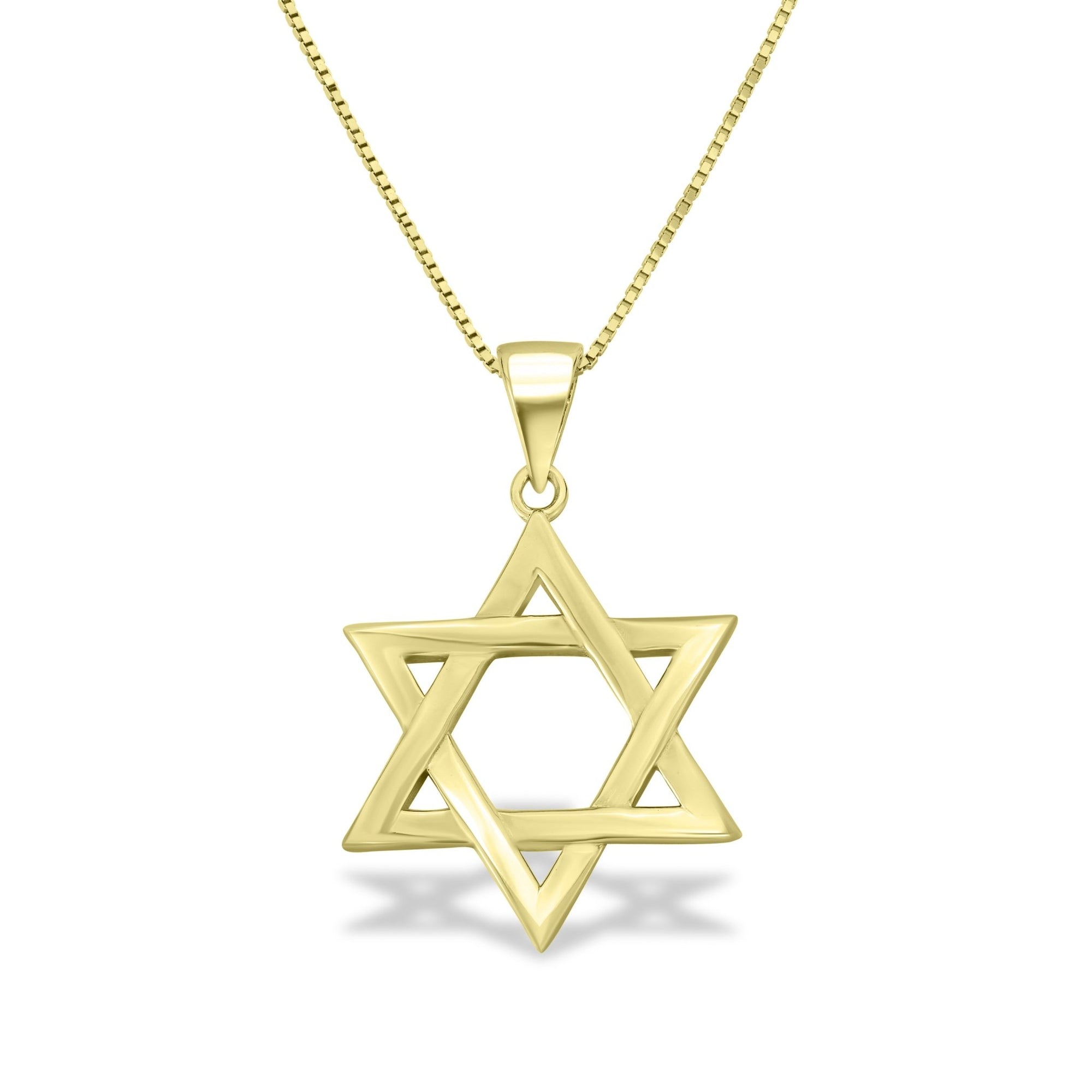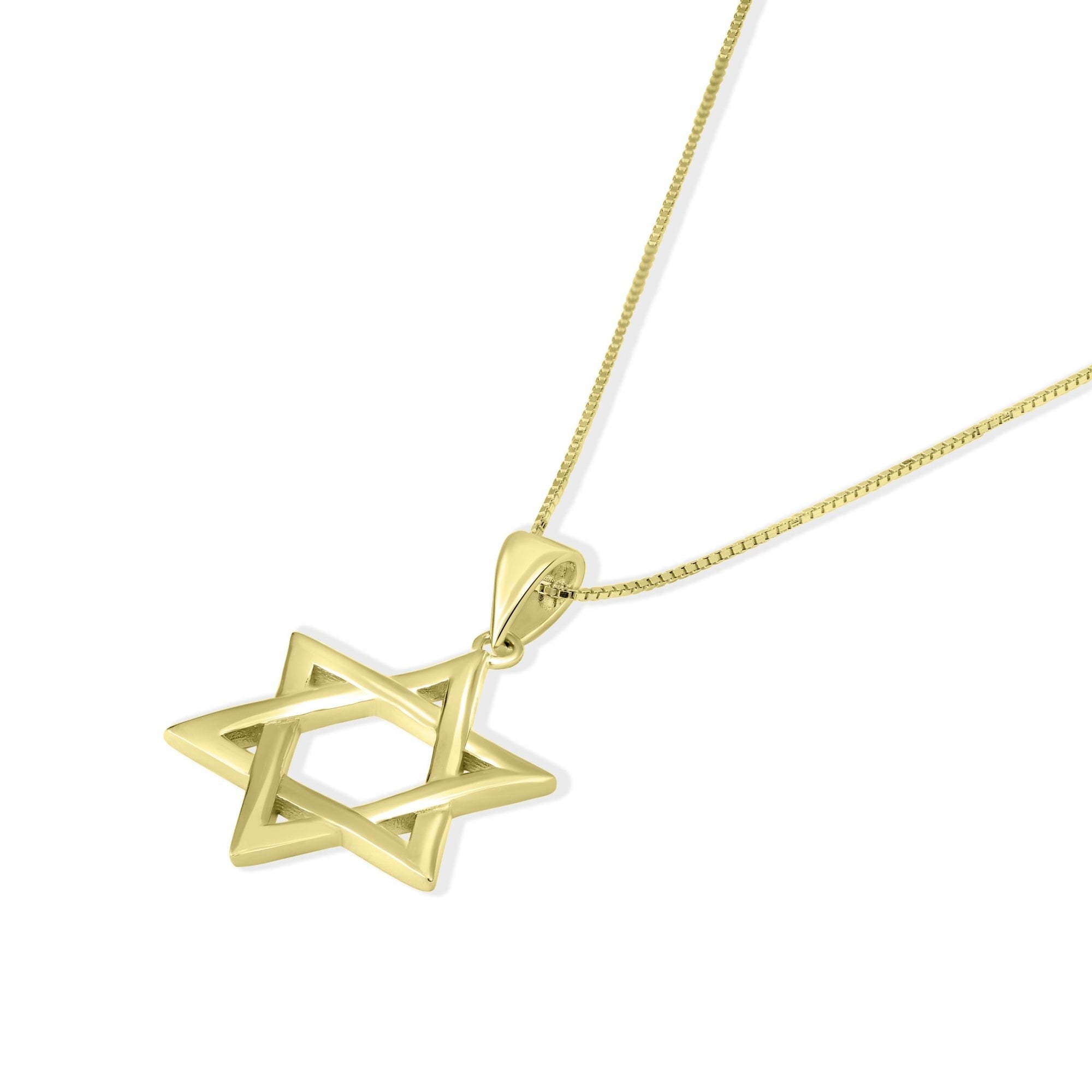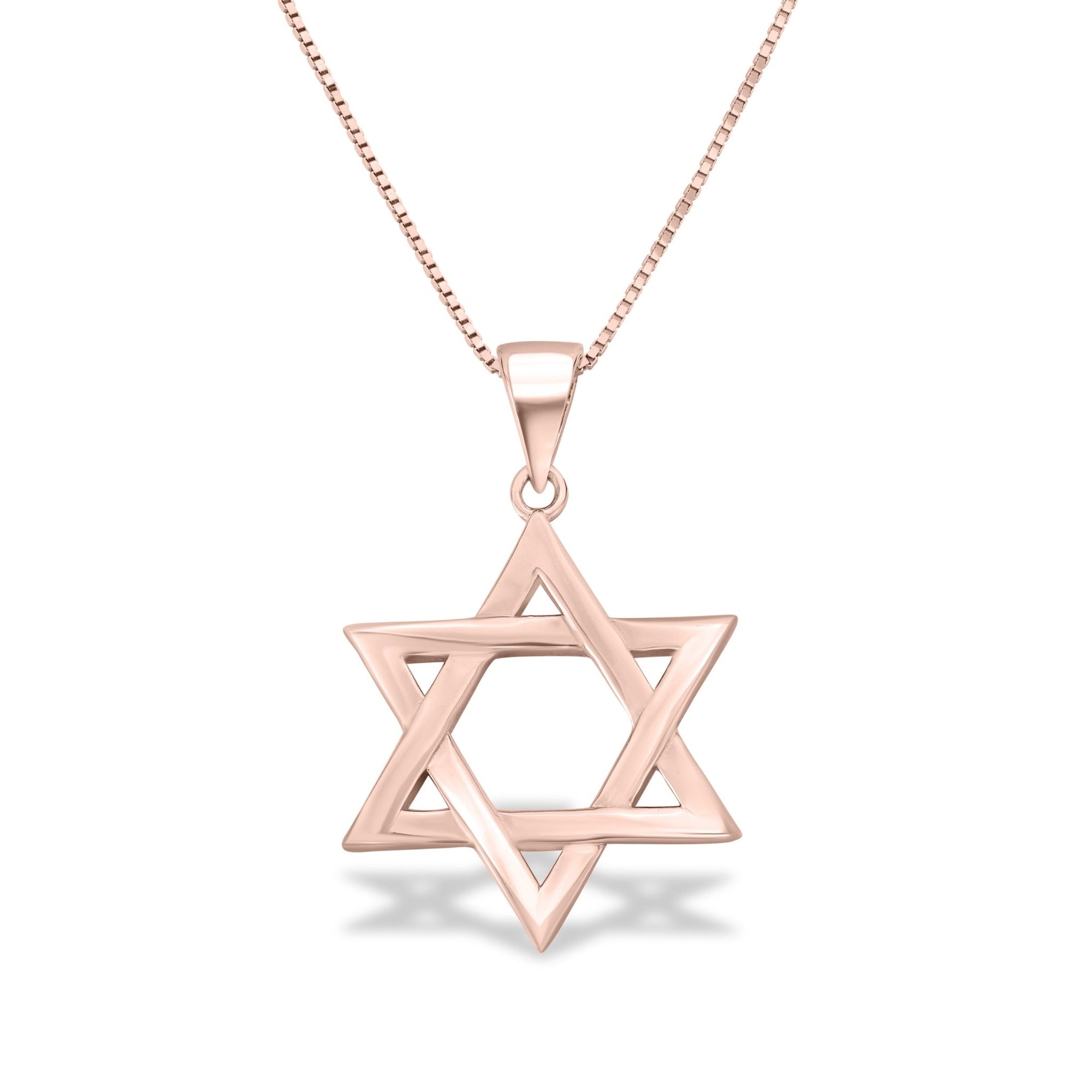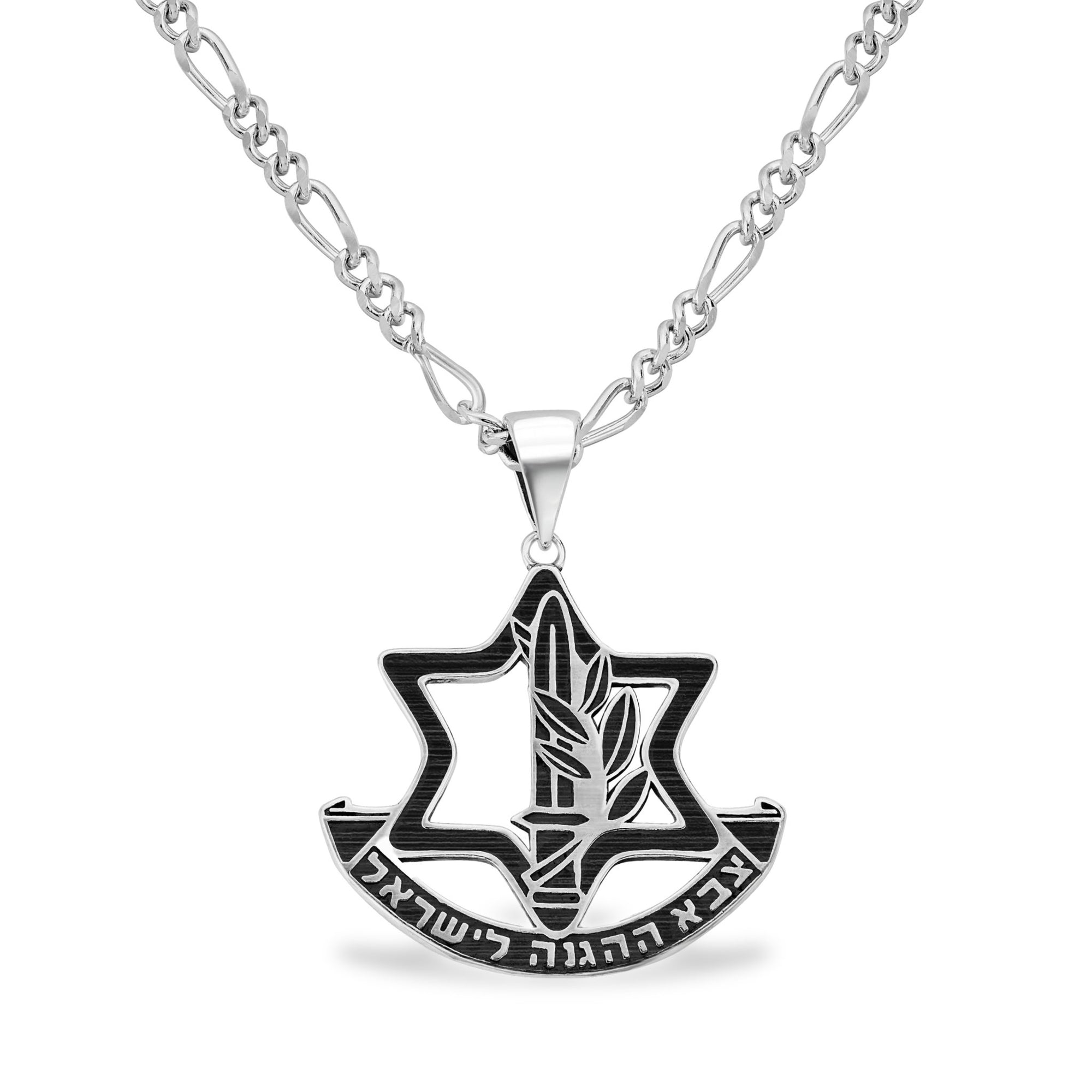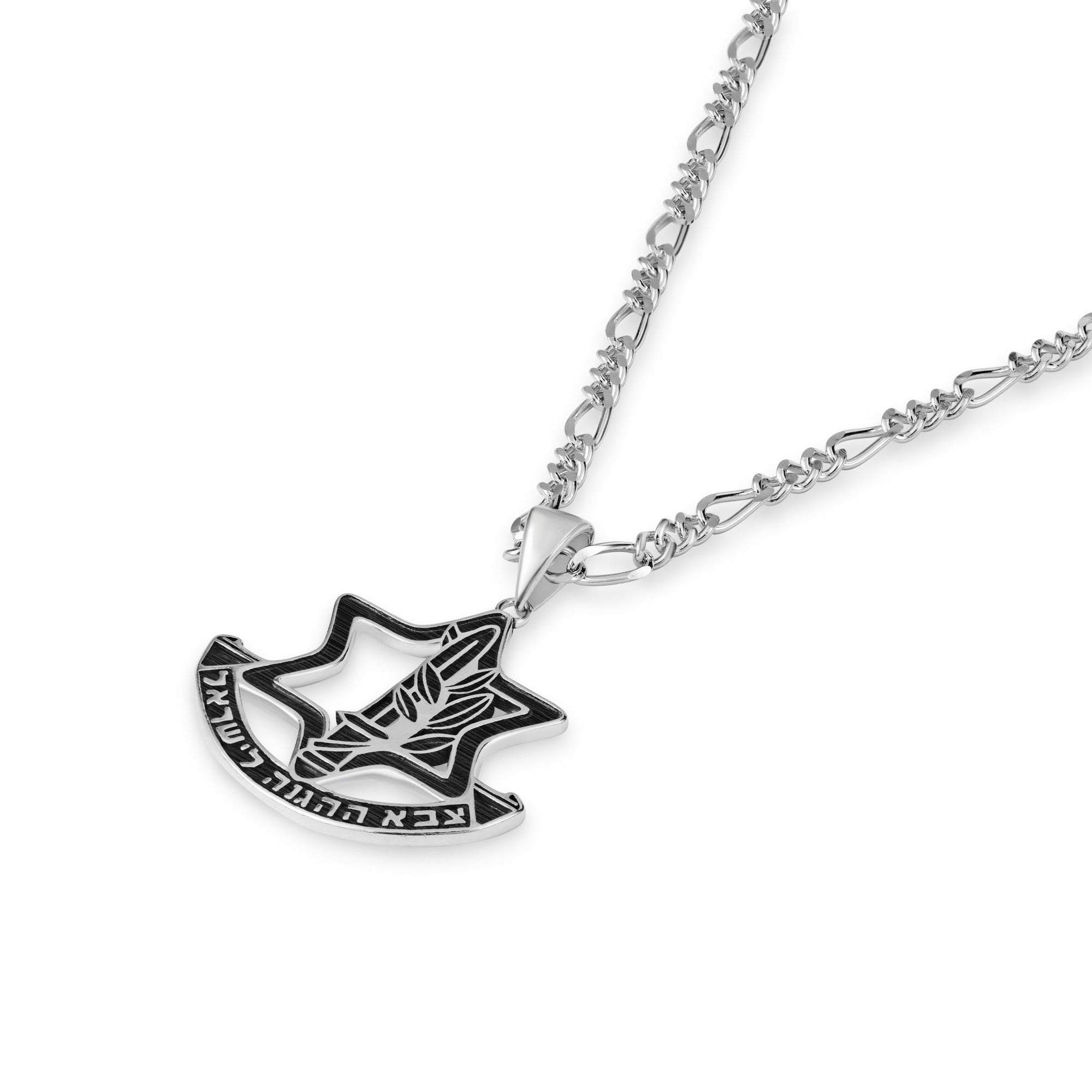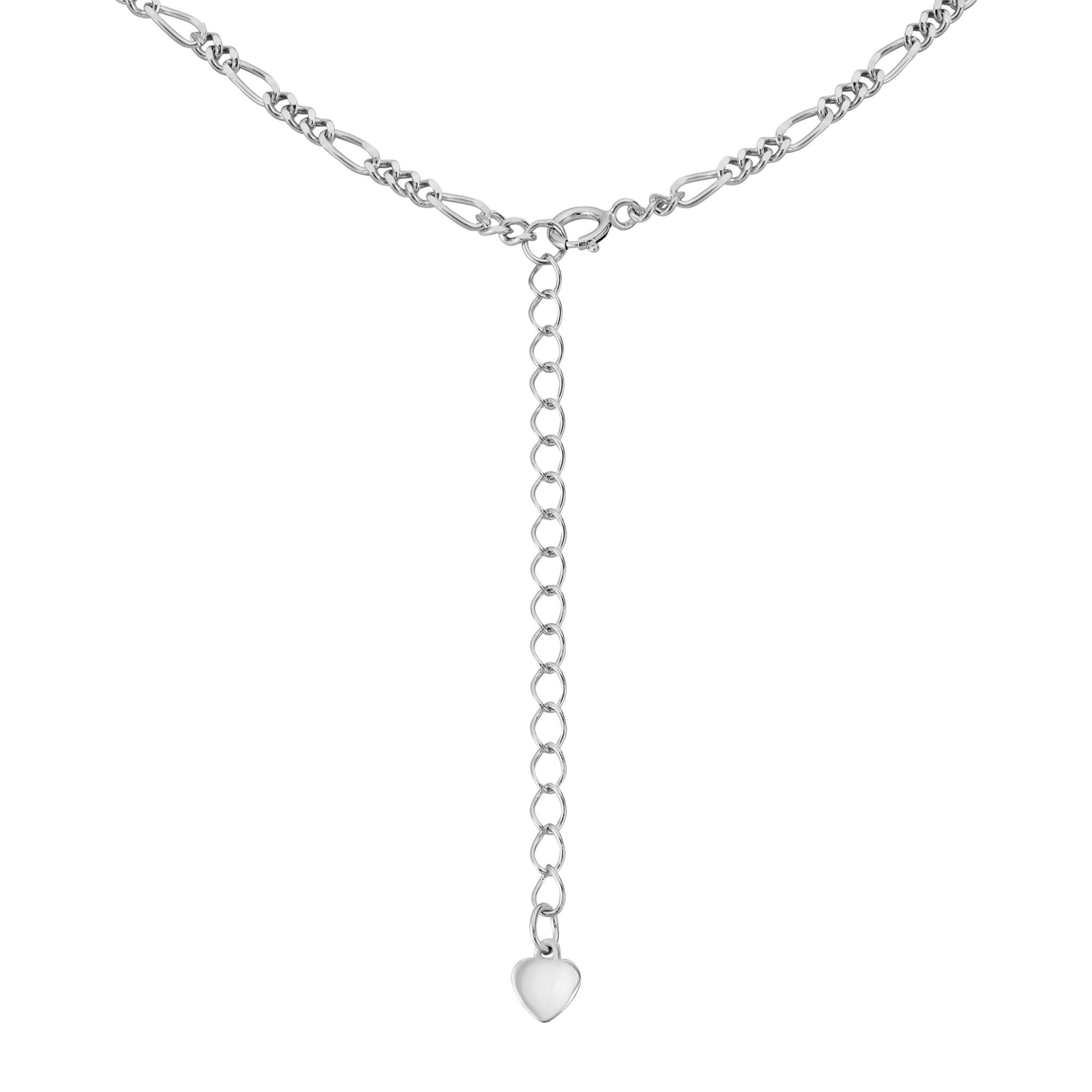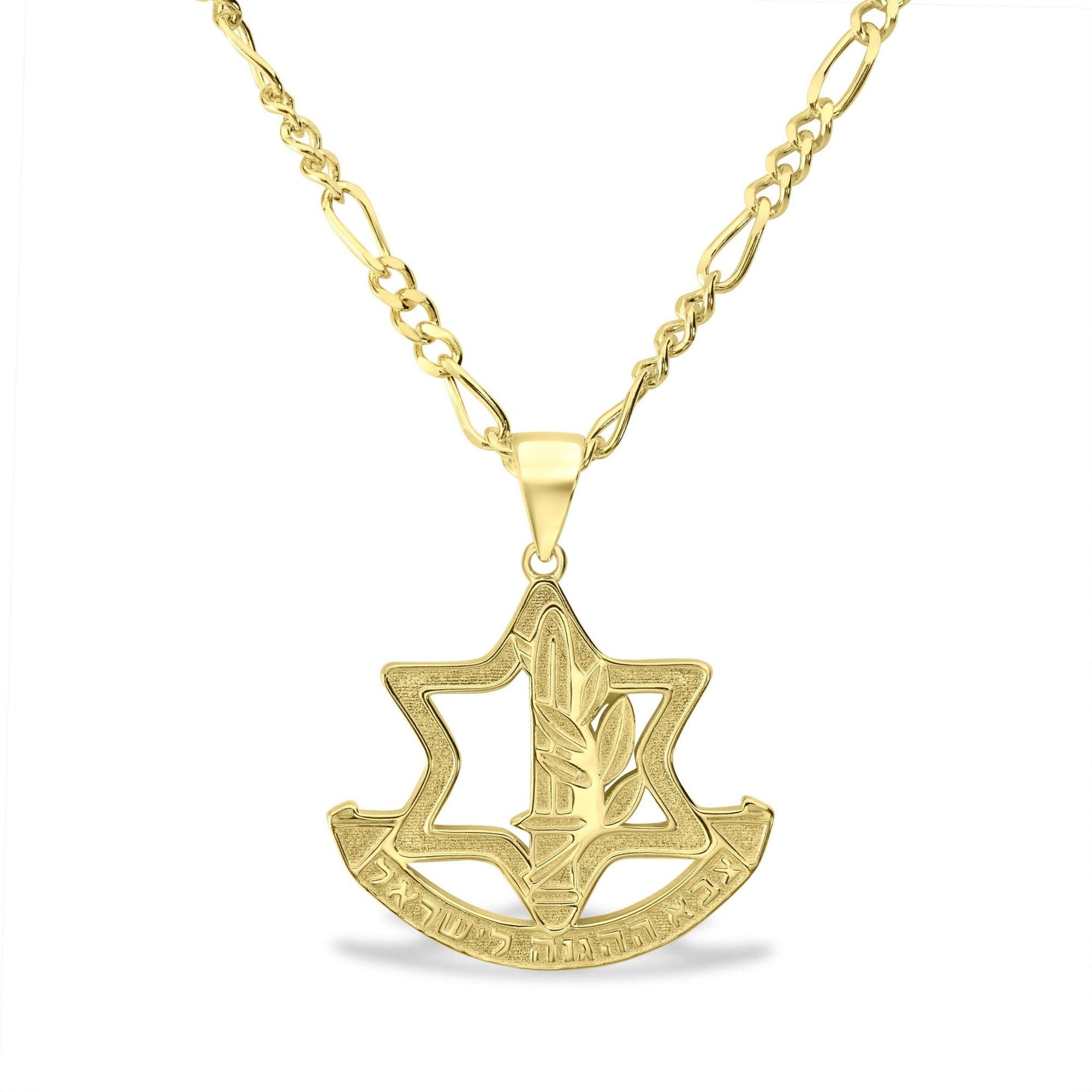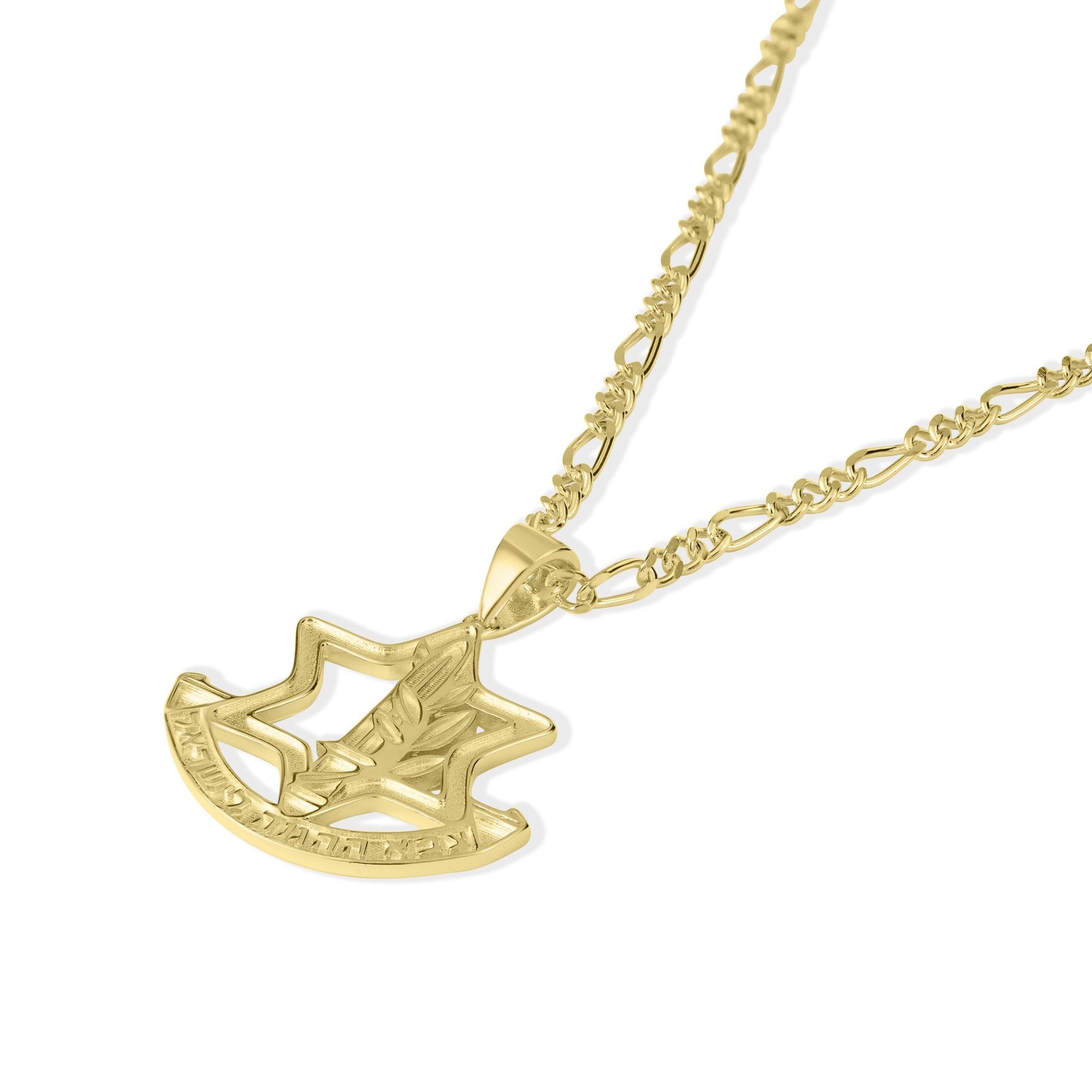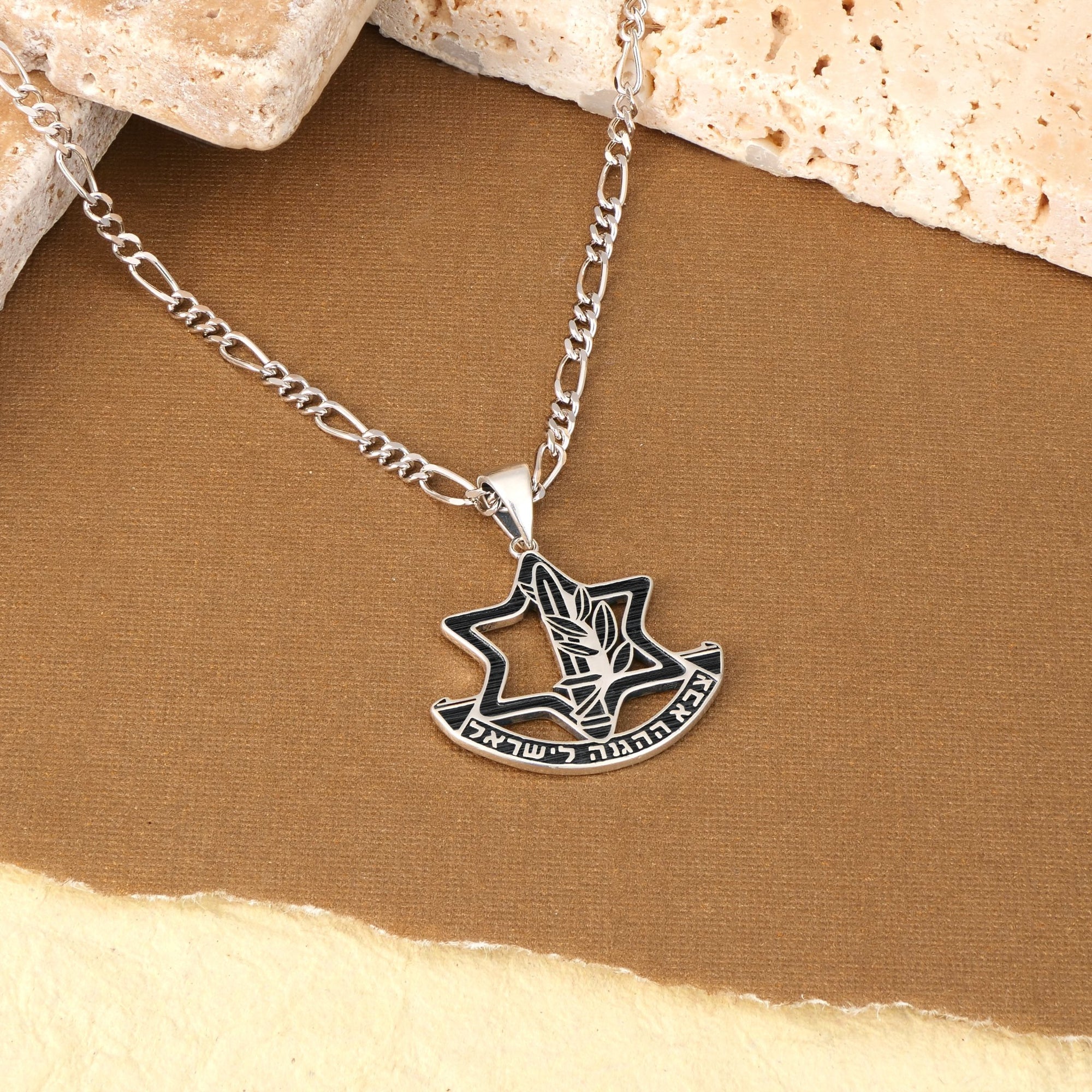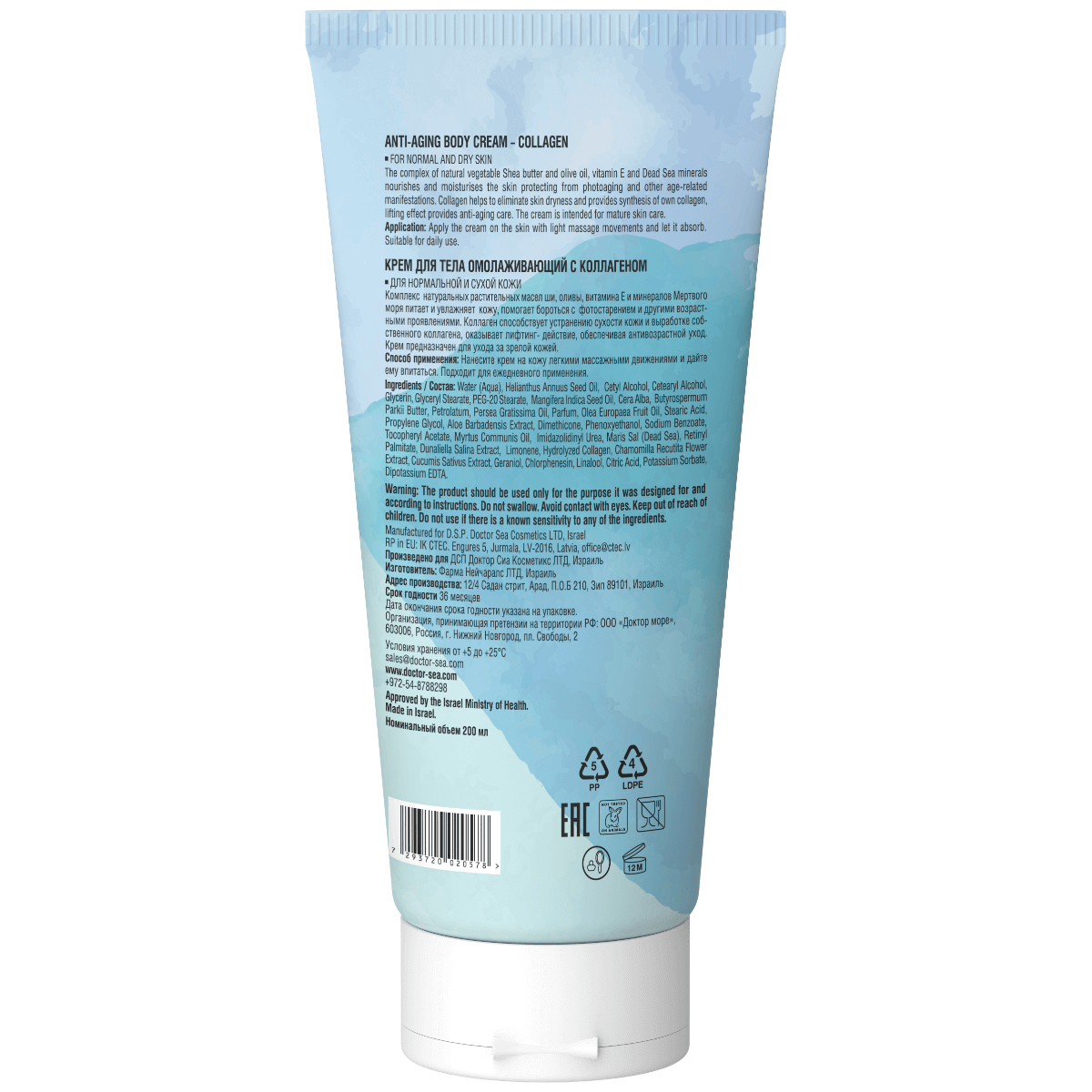Embracing Israel Through Its Treasured Goods
In a world rich with cultural narratives, Israel's merchandise offers more than mere products—they serve as tangible connections to heritage, innovation, and artisanal craftsmanship. From high-tech exports to handcrafted artisan goods and heartfelt testimonials, customers worldwide share their experiences that weave personal stories with Israeli culture. This article explores the authentic journey of connecting through Israel merchandise, highlighting the quality, cultural significance, and human stories that enliven every purchase.
The Essence of Authentic Israeli Products: Quality and Craftsmanship
What makes Israeli products stand out in quality and ethical production?
Israeli products are highly regarded for their exceptional quality and competitive pricing. This reputation stems from Israel’s strong focus on research and development in Israel, which drives innovation and ensures that goods meet rigorous global standards. Additionally, many Israeli companies emphasize fair labor in Israeli companies and environmentally responsible Israeli production. These values contribute to ethical production, making Israeli products reliable choices for conscientious consumers.
What are popular product categories and their cultural significance?
Israel offers a diverse array of products deeply rooted in its cultural heritage. Popular exports include:
- Technology: Innovations such as the Waze navigation app highlight Israeli technology products.
- Agricultural products: Jaffa oranges symbolize the country’s agricultural abundance.
- Personal care: Brands like Lavido skincare create skincare products using natural ingredients.
- Confectionery: Max Brenner chocolate combines gourmet quality with cultural delight. These products showcase Israel’s blend of tradition and modernity, reflecting cultural identity through quality craftsmanship.
How can consumers ensure the products they purchase are authentically Israeli?
Authenticity is key when buying Israeli products. Consumers can look for labels such as “Made in Israel” or “Produce of Israel” on packaging. Online stores and artisan platforms often provide details about the creator or brand, enhancing trust through transparency. This helps buyers connect directly to the source and verify the genuine origin of their purchases.
How does supporting small businesses and artisans impact Israeli culture?
Direct sourcing from small Israeli businesses and artisans not only guarantees authenticity but also preserves local craftsmanship and traditions. Subscription services like Artza subscription box and specialty marketplaces curate handmade goods, culinary specialties, and unique home decor, fostering sustainable community development. This support enables artisans to thrive, sustaining cultural heritage and promoting fair trade practices.
Connecting Through Craft: Israeli Artisanal Products and Subscription Boxes
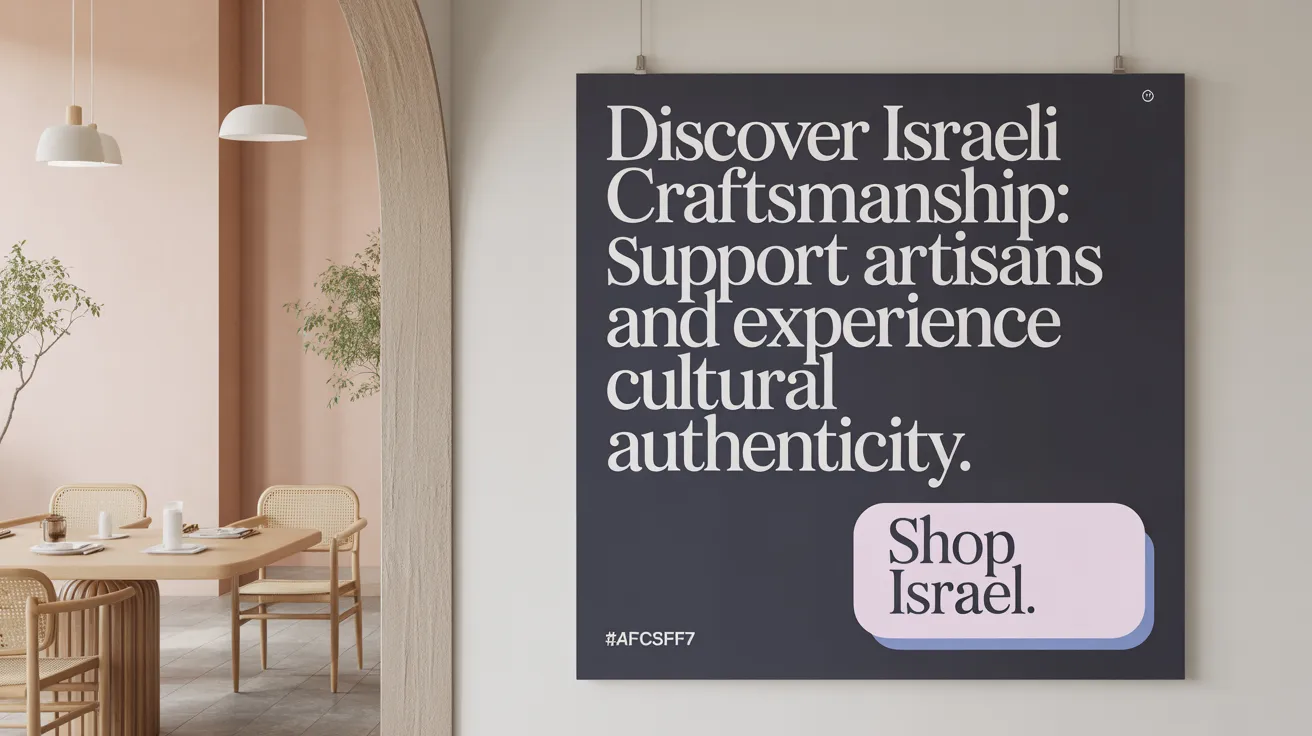
How do subscription boxes promote Israeli culture and artisans?
Subscription box services like Artza play a significant role in promoting Israeli culture and supporting local artisans. These curated boxes deliver a selection of handcrafted goods from Israel, culinary delights, home decor, and educational materials directly to customers' homes. Each box often includes cultural or biblical storytelling, providing context and meaning behind the products. This story-driven approach deepens the customer's connection to Israeli heritage while endorsing small businesses and artisans in Israel.
What kinds of artisanal Israeli products are commonly included?
The range of artisanal products in these subscription boxes is diverse and reflects the richness of Israeli craftsmanship. Common inclusions are olive wood products, which showcase traditional woodworking skills, and Israeli herbal teas made from native ingredients. In Galilee, soap makers such as Nablus Soap natural products and Michal Soaps cosmetics contribute natural soaps and cosmetics, highlighting the region’s expertise in natural skincare. Additionally, the boxes feature authentic Israeli spices such as Za'atar, Dukkah, and Shakshuka spice blends, elevating the culinary experience. Handcrafted home décor items further enrich the collections by offering unique touches inspired by Israeli art and tradition.
Examples of handcrafted goods and culinary delights
- Olive wood carvings and sculptures
- Herbal tea blends from native plants
- Natural soaps and skincare products from Galilee artisans
- Traditional spice mixes including Za’atar and Dukkah
- Handwoven or crafted home decor pieces
By combining quality Israeli handcrafted goods with storytelling, these subscription services enable buyers worldwide to experience the cultural fabric and craftsmanship heritage of Israel from their own homes.
Purchasing Israeli Merchandise: Practical Tips and Customer Insights
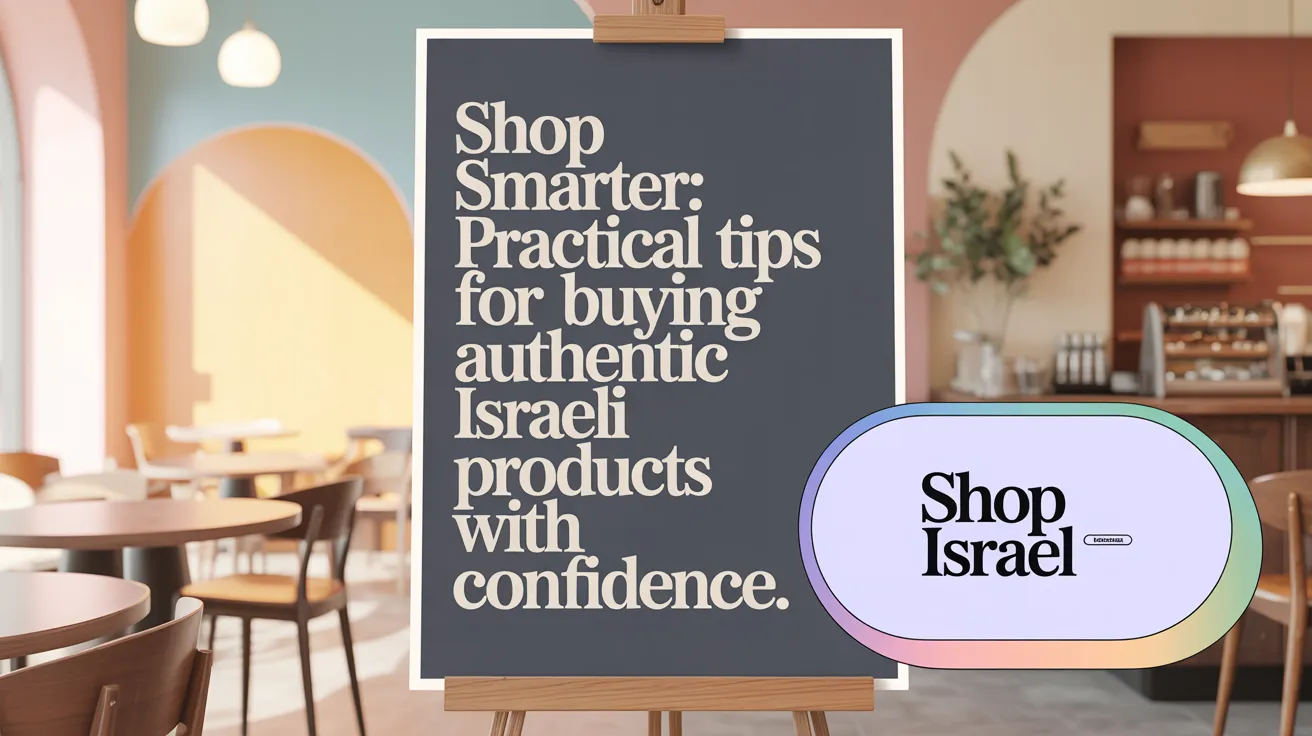
What practical advice helps consumers shop for Israeli products?
Shopping for Israeli products , whether in physical markets or online, can be a rich and enjoyable experience supported by practical tips. Israeli clothing sizes generally follow European standards, so consumers should consult size charts carefully when buying apparel. When prices are listed in Israeli shekels, using a reliable currency converter is essential to understand the actual cost in your currency.
For online shoppers, many websites are in Hebrew; browser tools such as Google Chrome's translation feature can simplify navigation and product selection. Visiting Israeli markets like Carmel Market in Tel Aviv or Mahane Yehuda in Jerusalem offers a chance to bargain—an accepted practice that can lead to better deals. These markets also provide an opportunity to sample local flavors, fresh produce, and artisanal goods.
What do customers say about their experiences purchasing Israeli merchandise?
Customer testimonials reflect positive experiences in both quality and service. For example, shoppers at stores like 4U Gifts appreciate the extensive product range and the personalized, patient assistance offered by staff members like Sarah and her team. Many highlight the store's capacity to find rare or even discontinued items, making their purchases uniquely satisfying.
Durability is another frequently mentioned aspect; customers report that cookware, tableware, and gifts retain their quality even after years of use. Such testimonials underscore the high standards Israeli merchandise upholds, enhancing buyer confidence and encouraging long-term loyalty.
Symbolism and Identity: Jewelry and Judaica Reflecting Israeli Heritage
How do Israeli products embody cultural and religious symbolism?
Israeli merchandise prominently features symbols deeply rooted in Jewish and Israeli heritage. Items commonly showcase the Star of David, representing Jewish identity and unity, and the Menorah, an ancient symbol of wisdom and divine light. Additionally, products frequently incorporate the Israeli flag and motifs like the Western Wall print, anchoring the items in national pride and historical significance.
Jewelry pieces such as the Am Yisrael Chai necklaces, which signify "The People of Israel Live," serve both as expressions of spiritual identity and cultural pride. Military-themed T-shirts celebrating the IDF reflect a strong connection to the country's defense and collective history, reinforcing a sense of community and resilience.
What types of merchandise highlight these connections?
A wide range of items honors Israeli traditions and craftsmanship. These include:
- Shirts and accessories featuring cultural symbols
- Jewelry pieces such as necklaces and bracelets with religious emblems
- Home décor items that incorporate symbolic designs and traditional artistry
Each product is crafted to celebrate Israel’s heritage, often accompanied by detailed descriptions that explain the cultural significance behind the symbols and craftsmanship, enriching the buyer’s connection to the story behind the item.
Through these tangible symbols and designs, Israeli merchandise not only offers quality goods but also invites consumers to engage with Israel’s rich cultural and national pride, bridging the gap between commerce and meaningful storytelling.
Human Stories Behind the Products: A Business Partnership Across Borders
What does the story of Michael Forman and Aboamad Matar reveal about merchandise ties?
Michael Forman, an Israeli businessman who owns Made In Israel store, had established trade ties with Palestinian tailor Aboamad Matar, showcasing a vibrant commercial relationship between Israeli and Palestinian artisans. Their story highlights how deeply personal and professional connections across borders once flourished despite political tensions.
Impact of conflict on artisans and their livelihoods
Unfortunately, the ongoing conflict has devastated these ties. Matar's factory and home in Gaza were destroyed during recent hostilities, forcing him into displacement and reliance on international aid. This destruction means a loss not just for Matar but for the workers who depended on his business for their livelihood. It illustrates the harsh realities faced by many artisans caught in conflict zones, whose talents and investments are at high risk.
Hope for future collaboration and reconstruction
Despite these setbacks, Forman remains hopeful that conditions will eventually allow them to resume their partnership. Their determination reflects a broader desire among artisans to rebuild communities and economies through craftsmanship once peace is restored.
Skills and craftsmanship of Palestinian tailors
The story also underscores the exceptional skill level possessed by Palestinian tailors like Matar. Their dedication to quality craftsmanship is widely recognized and valued, making this cross-border partnership an example of how artisanship can bridge divides and foster mutual respect through shared expertise and commerce.
The Complex Landscape: Boycotts and Consumer Advocacy Around Israeli Products

How do boycott movements affect the perception and sale of Israeli-related products?
Boycott movements like those promoted by apps such as 'No Thanks' have influenced consumer behavior by offering a tool to identify and avoid companies perceived to support Israel. This app, developed by a Palestinian activist, allows users to scan products and make informed choices about buying or boycotting based on the companies’ ties to Israel.
Overview of boycott apps like 'No Thanks'
Launched recently and downloaded over 100,000 times, the 'No Thanks' app marks products from major brands like Adidas, McDonald's, and Apple, labeling them according to their alleged support for Israel. Despite being banned from mainstream platforms like Google Play Store, it remains accessible indirectly due to popular demand and the ongoing conflict’s intensity.
Impact of activism on companies linked to Israel
Activism driven by such boycott initiatives affects companies not only by influencing consumer purchases but also by damaging brand reputations and potentially reducing stock valuations. Examples from history, including similar boycotts against multinational companies, reveal that persistent consumer activism can force operational changes or losses in targeted enterprises. For more detailed insights into economic boycotts related to the Israel-Palestine conflict, see the expert analysis on boycott impacts.
Political context influencing consumer behavior
The ongoing Israel-Gaza conflict intensifies the boycott discourse, with global social media amplifying calls for action and awareness. The resulting consumer activism is intertwined with broader political debates and humanitarian concerns, making purchase decisions for some consumers highly charged and complex. Background on the personal story of cross-border business ties can be found in the NPR coverage of an Israeli businessman and a Palestinian tailor in Gaza.
Discussions around the implications of boycotts
While boycott apps aim to raise political awareness, experts caution about the language used in such campaigns, which may border on criticism or antisemitism depending on context. This aspect adds a layer of sensitive discourse to the economic impacts of boycott movements, underlining the need for nuanced understanding among consumers and activists alike. For an overview of the complexity and debates around these boycotts, visit the DW article on the 'No Thanks' app and boycott controversies.
Historical Threads: The Meaning Behind Ancient Israeli Clothing and Modern Merchandise
What can ancient Israeli clothing teach us about cultural identity reflected in today's products?
Ancient Israeli garments were rich with symbolism, using fabrics, colors, and designs that reflected social status, religious roles, and spiritual beliefs. For example, white symbolized purity, blue signified divinity, and purple was reserved for royalty. Accessories like jewelry and special priestly vestments not only conveyed identity but also represented sacred duties.
Symbolism of Ancient Garments
Fabrics such as linen, wool, and silk had deep cultural significance, with silk indicating luxury and high social rank. Clothing patterns and motifs often featured natural elements and religious symbols, while tassels reminded wearers of commandments and faith. Headwear and footwear also played a role, reflecting both practicality and status.
Social and Religious Identity Through Clothing
Men's garments like the linen ephod and Tefillin expressed spiritual functions, while women's head coverings and jewelry signaled both social and spiritual identities. This careful use of clothing to convey diverse roles highlighted the intertwined nature of sacred and secular life in ancient Israel.
Legacy in Contemporary Israeli Products
Today’s Israeli merchandise draws on this rich cultural heritage by incorporating traditional motifs and symbols, such as the Star of David and menorah. Handmade items, jewelry, and Judaica sold by Israeli artisans celebrate history and identity, connecting modern consumers to their ancestral roots.
This continuity of cultural expression ensures that the meaning and pride embedded in ancient Israeli attire remain alive in today’s products, nurturing a tangible link to the past through craftsmanship and design. For more on Clothing of Ancient Israel and the Support Israel products, also explore Made in Israel products to connect with authentic Israeli craftsmanship.
Weaving Stories and Heritage Through Israeli Merchandise
Israeli products serve as much more than functional goods; they are vessels of culture, history, and human connection. Through artisan crafts, symbolic jewelry, customer experiences, and poignant stories of resilience, these items forge meaningful bridges across communities and borders. Supporting Israeli merchandise means embracing the quality, heritage, and narratives each piece carries, inviting customers worldwide to partake in a shared journey of appreciation and solidarity with Israel’s diverse cultural tapestry.
